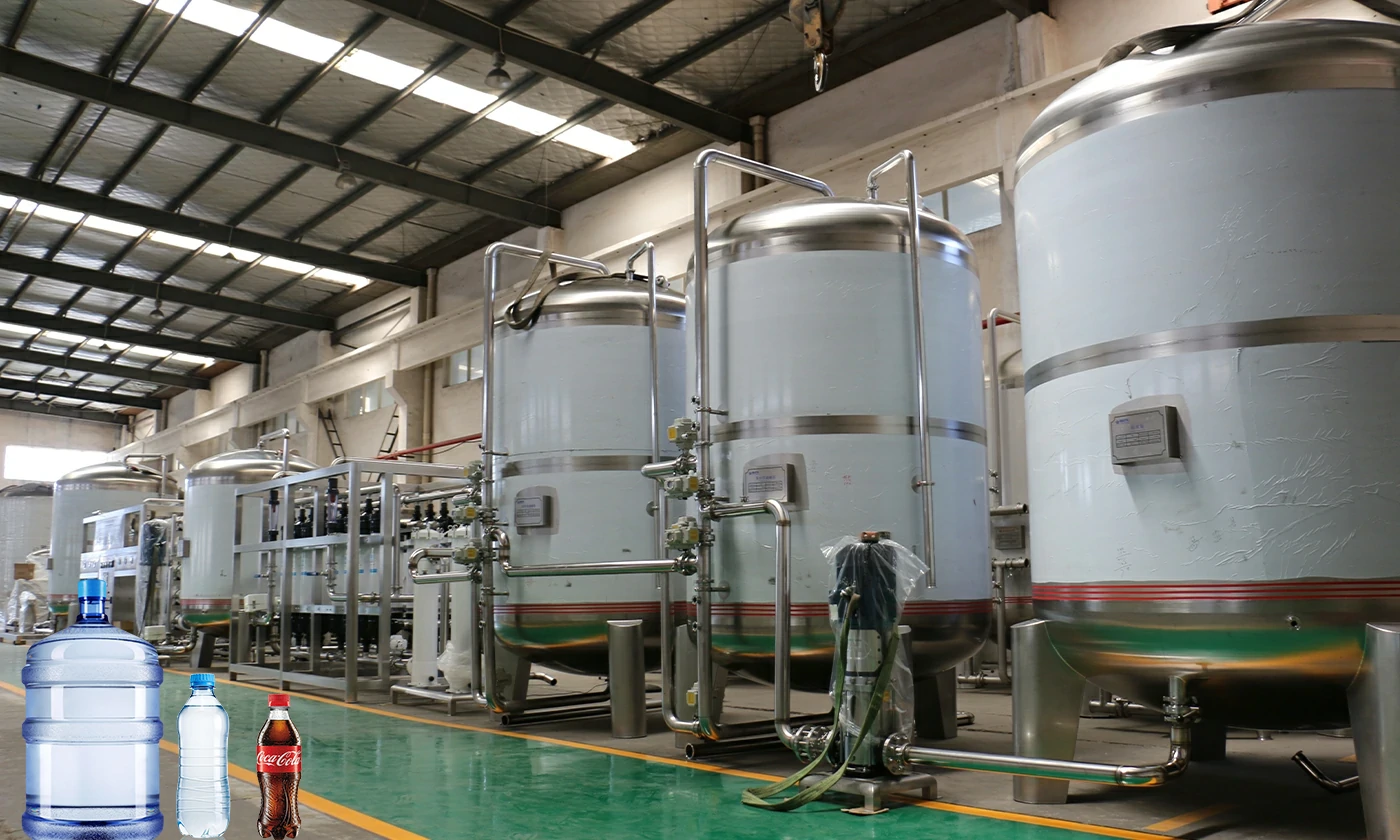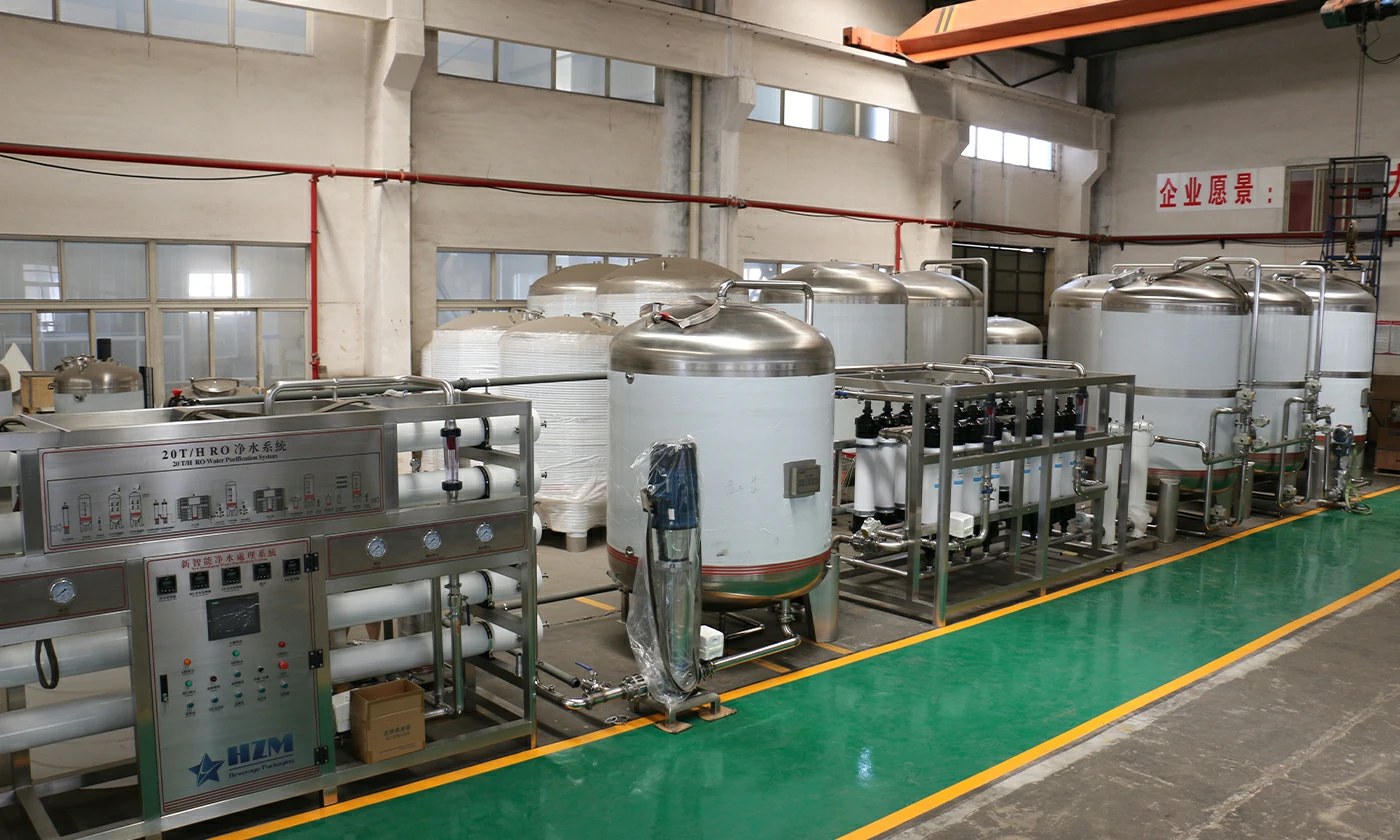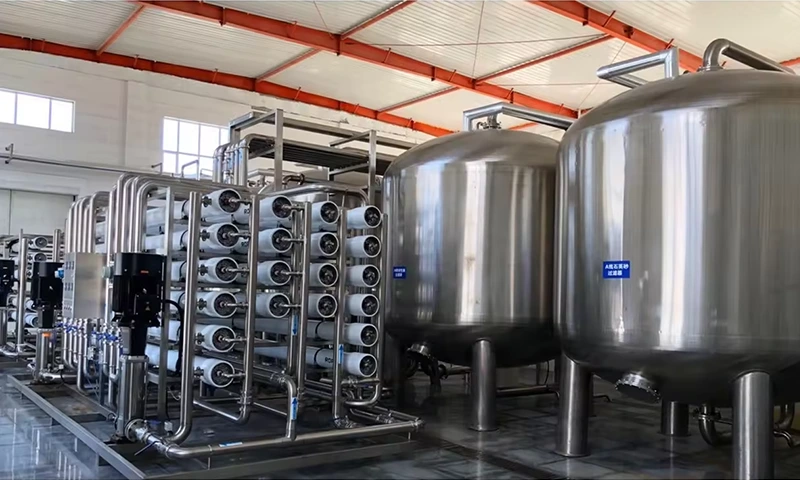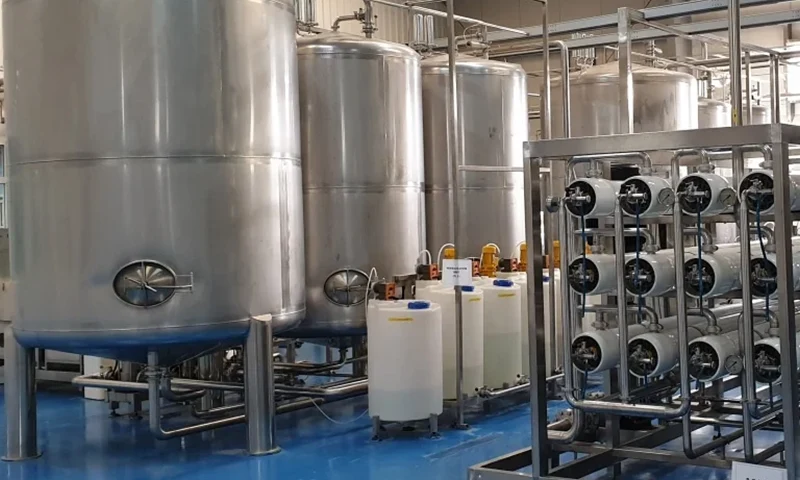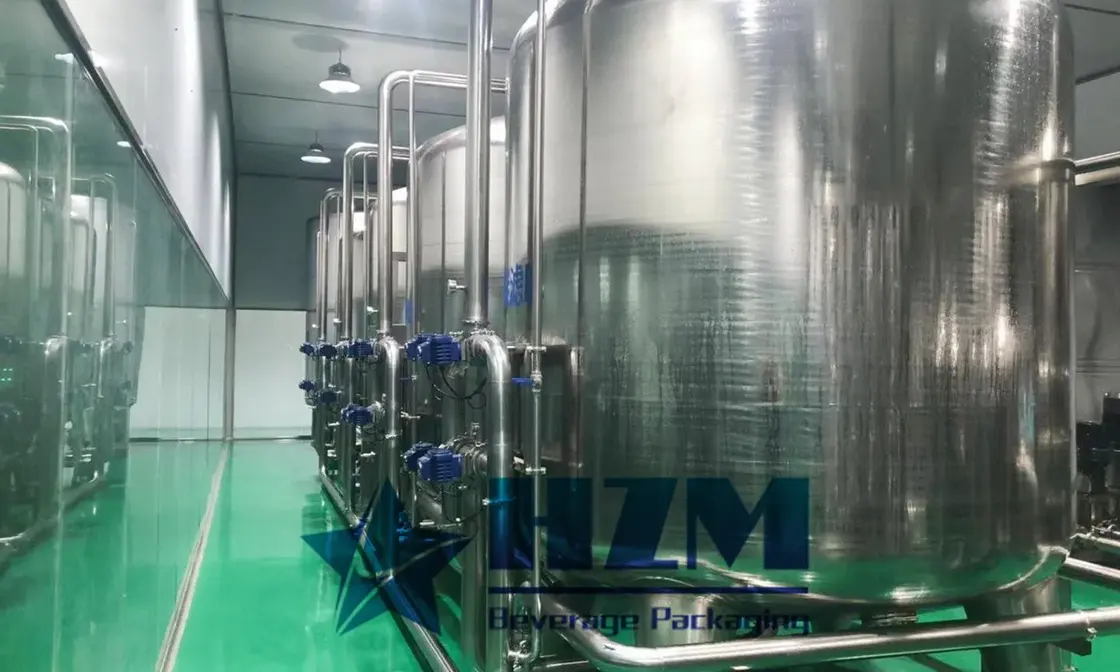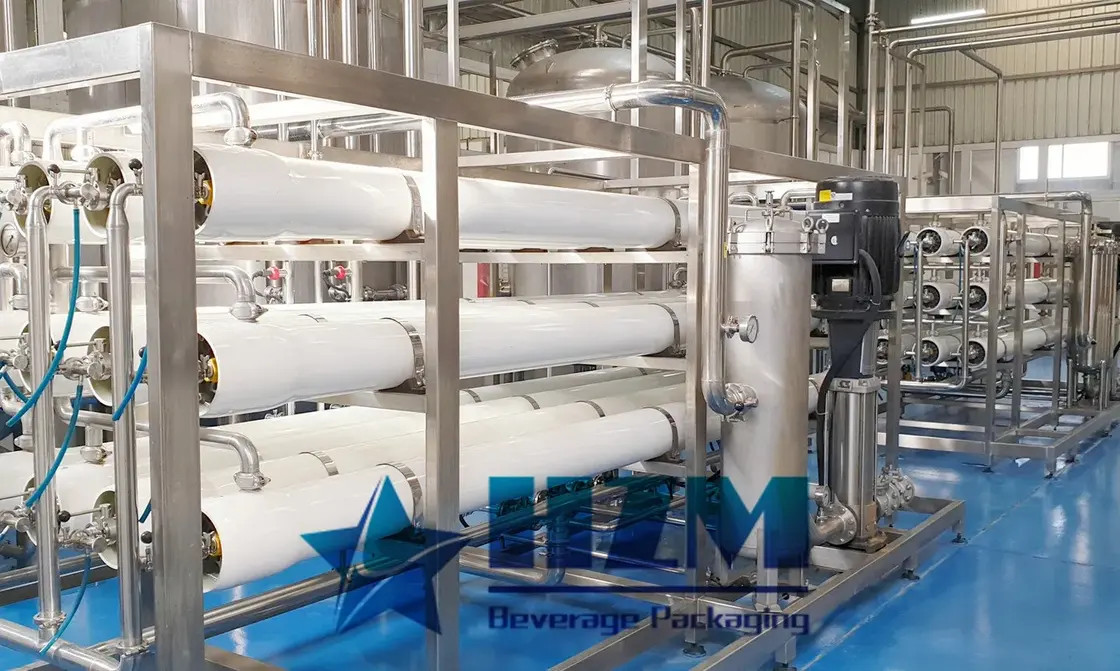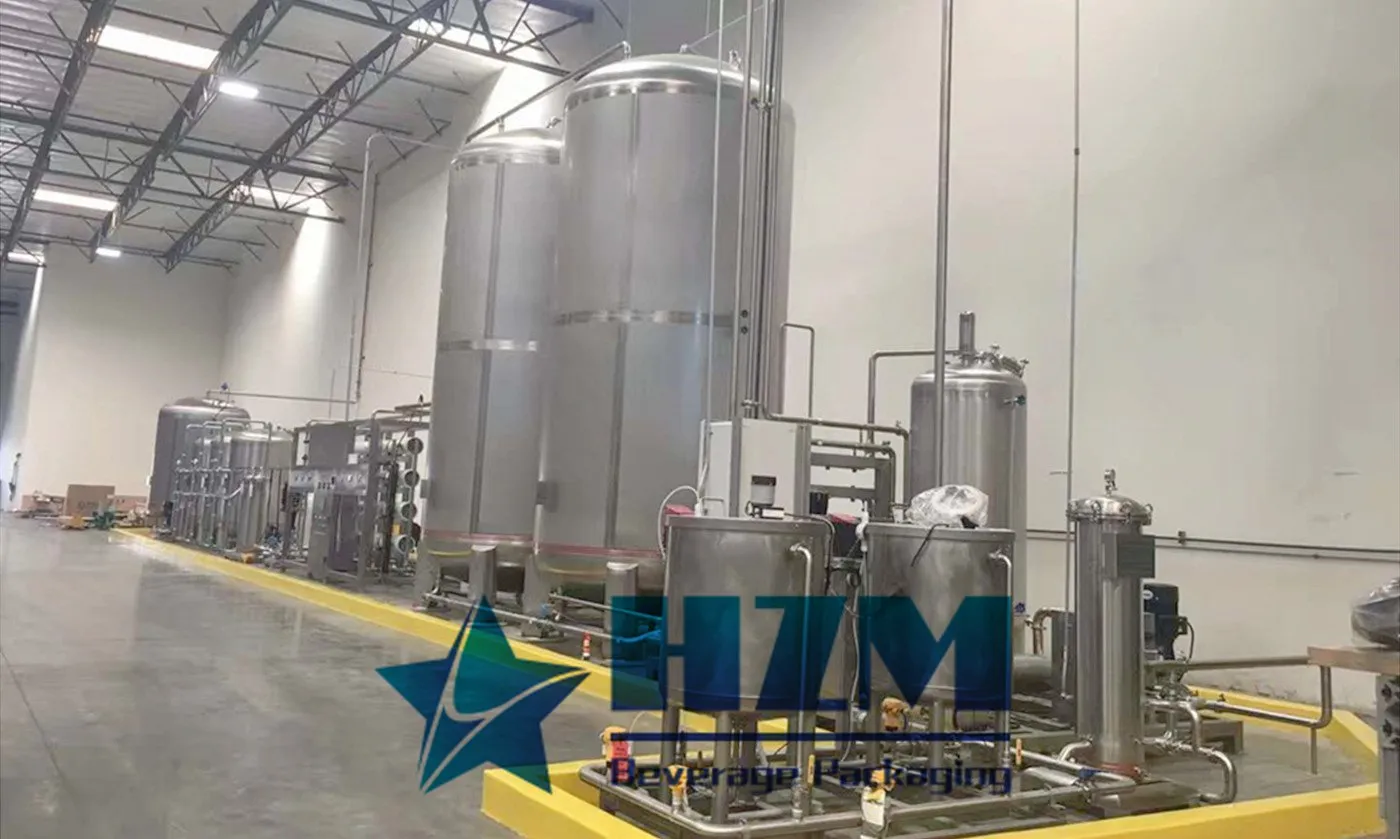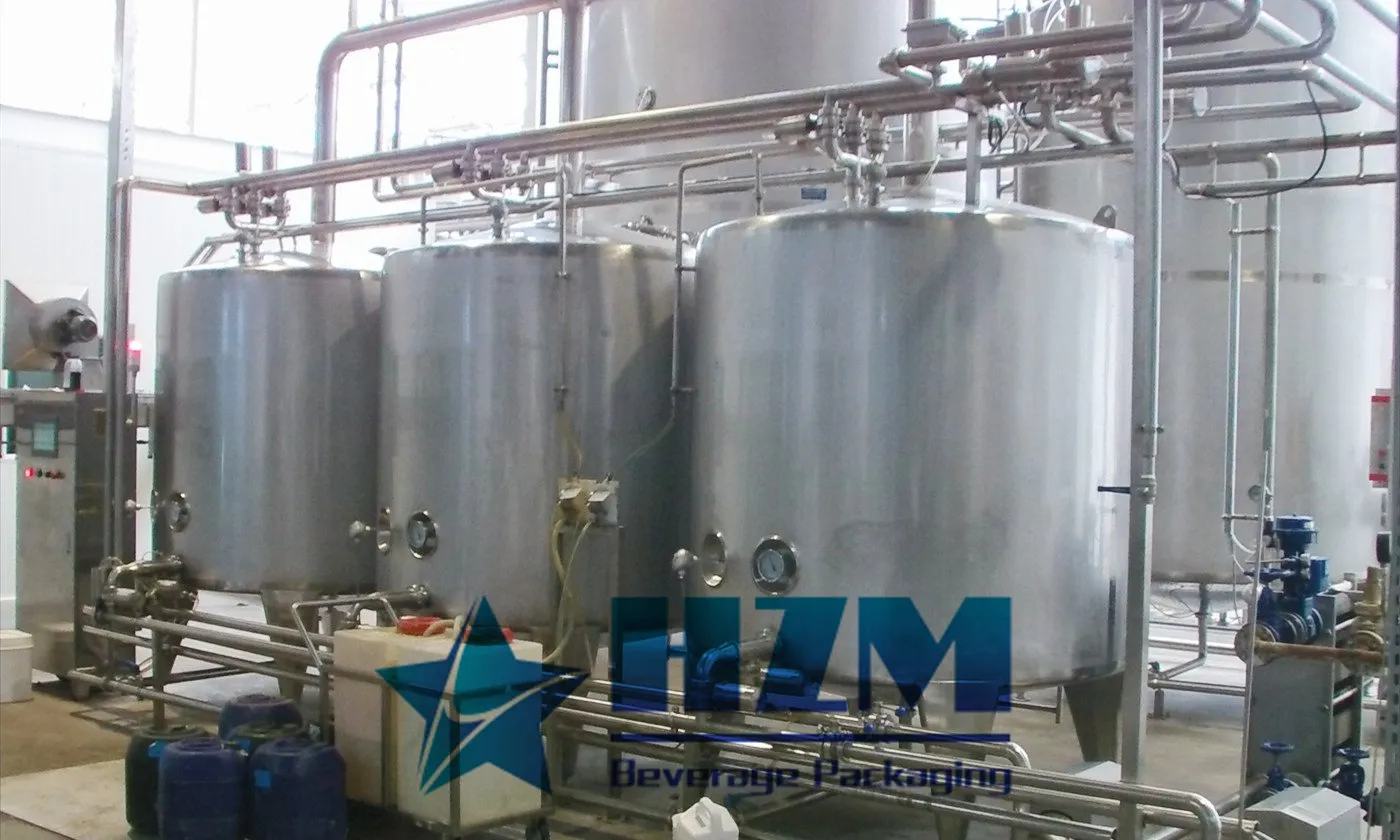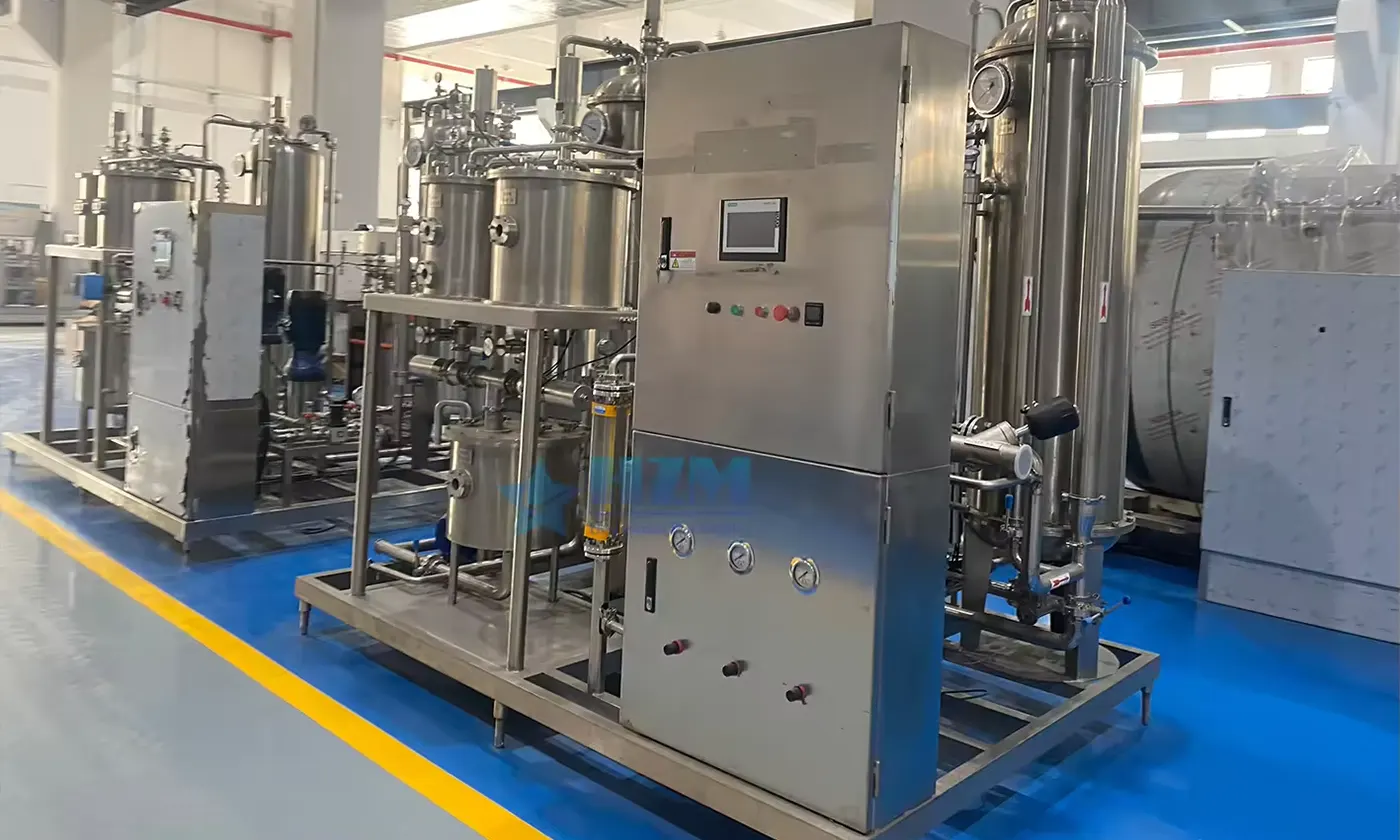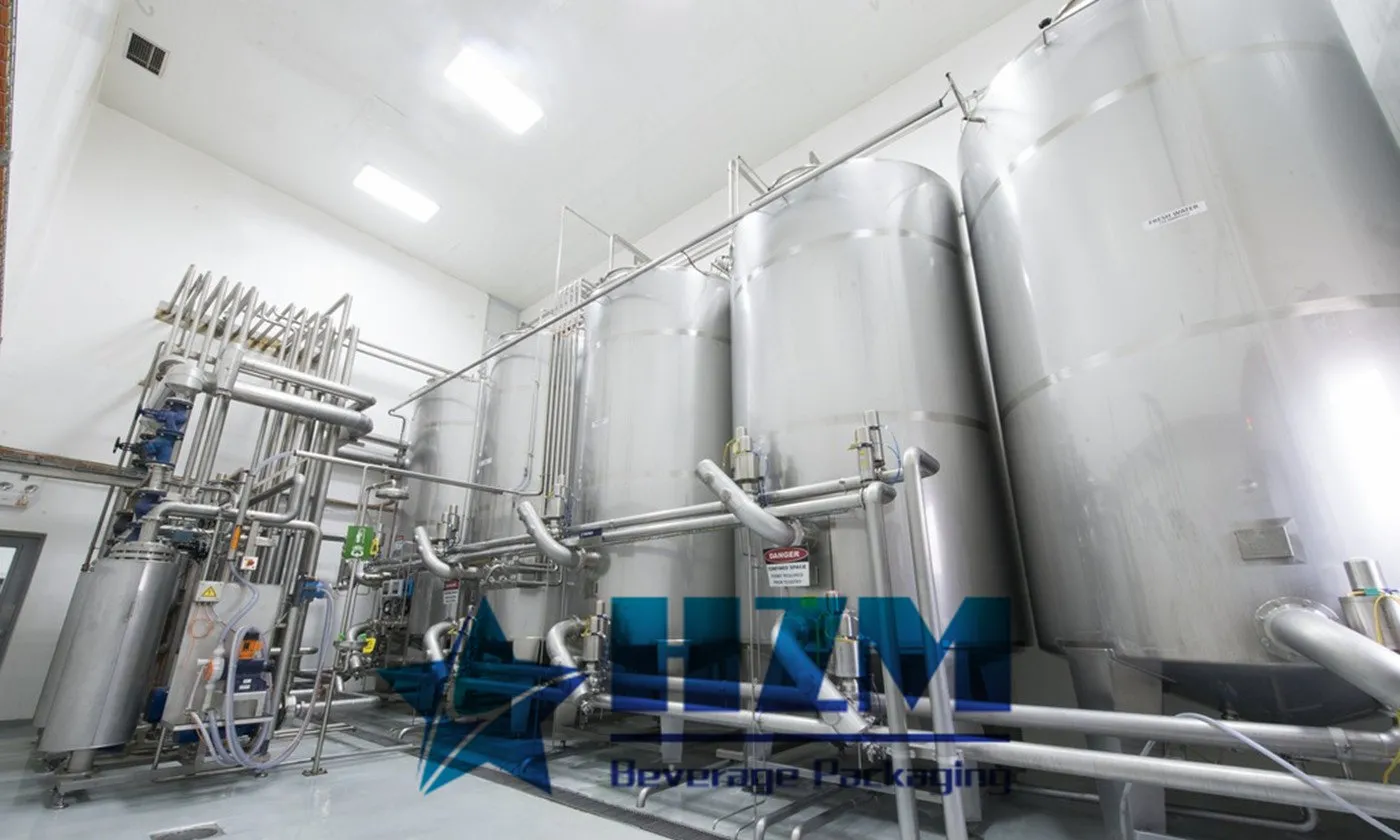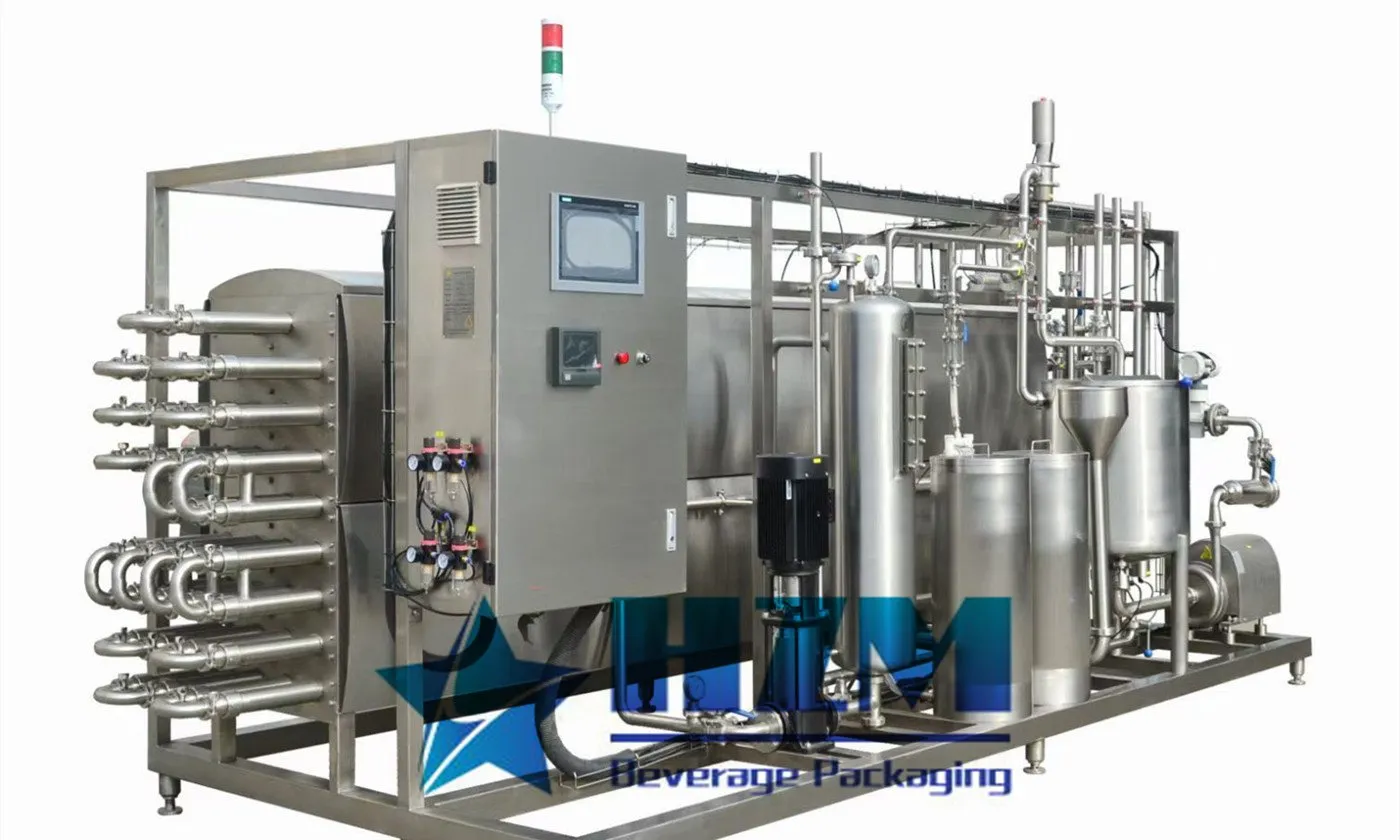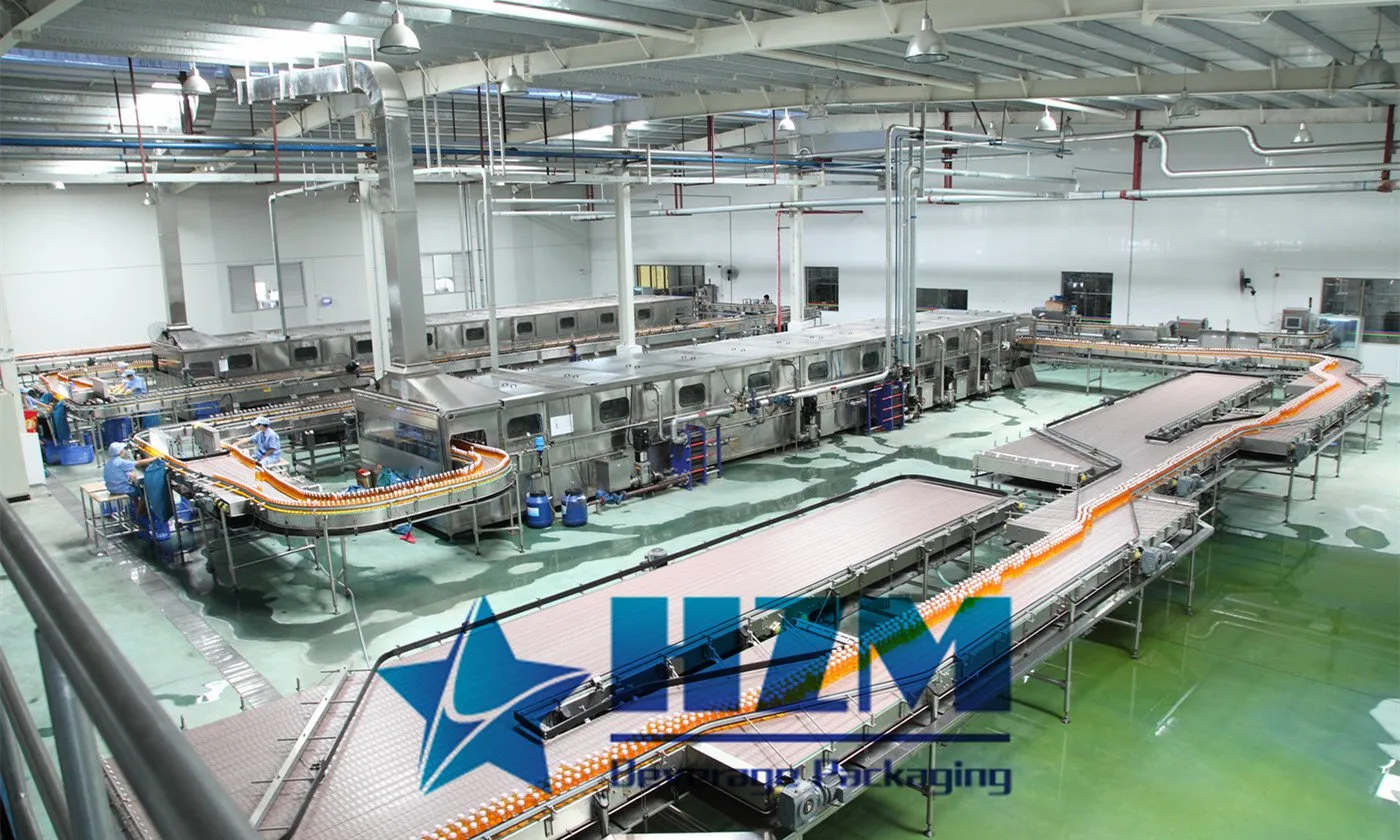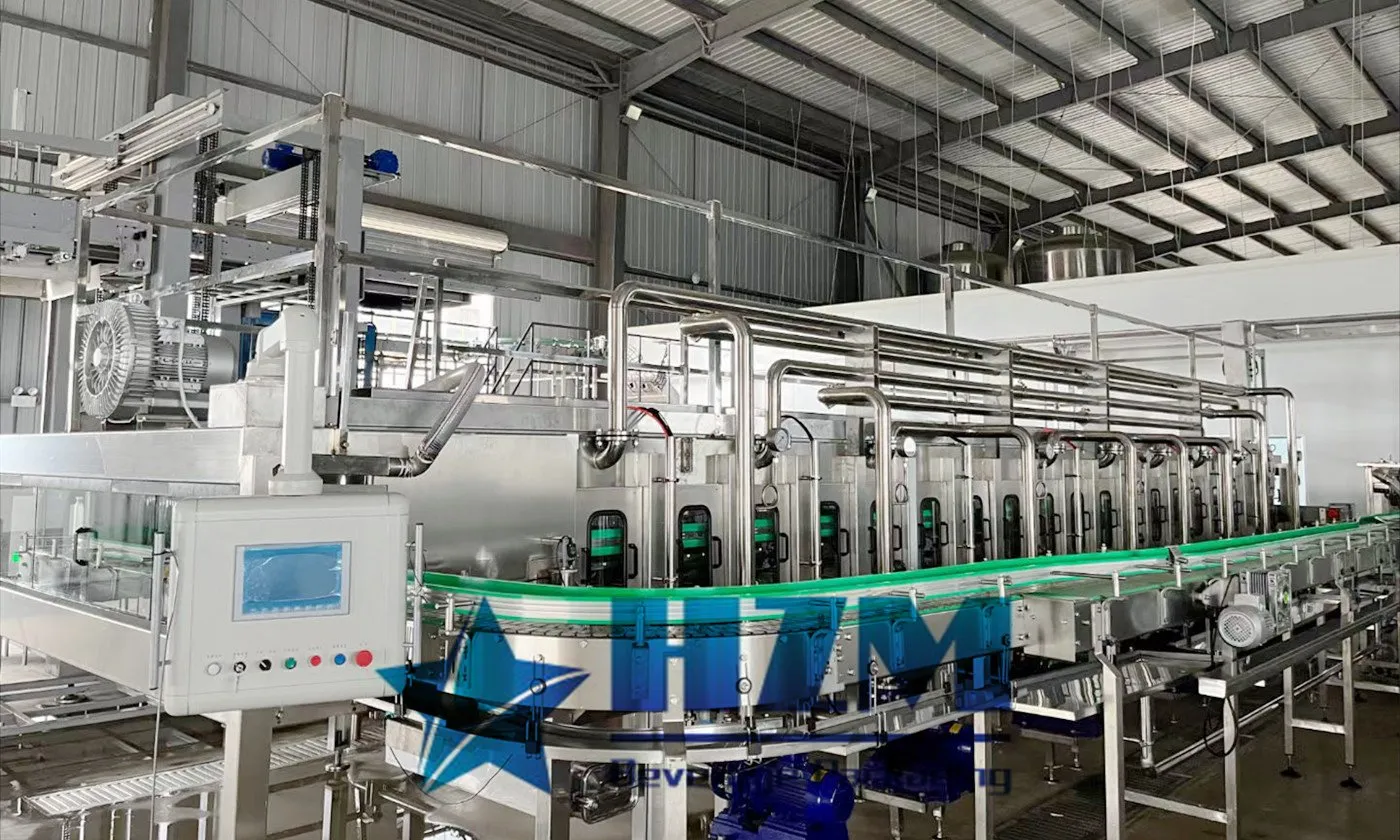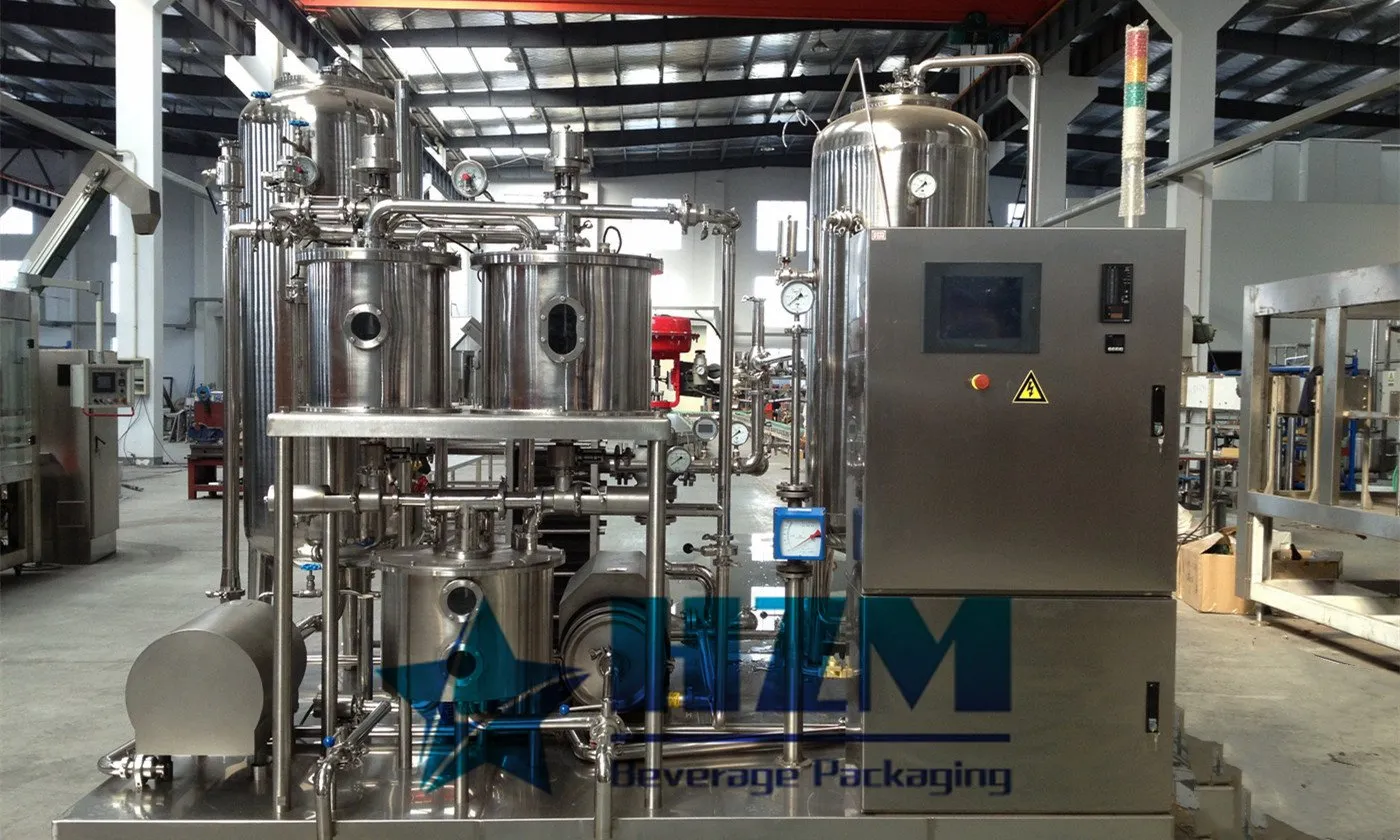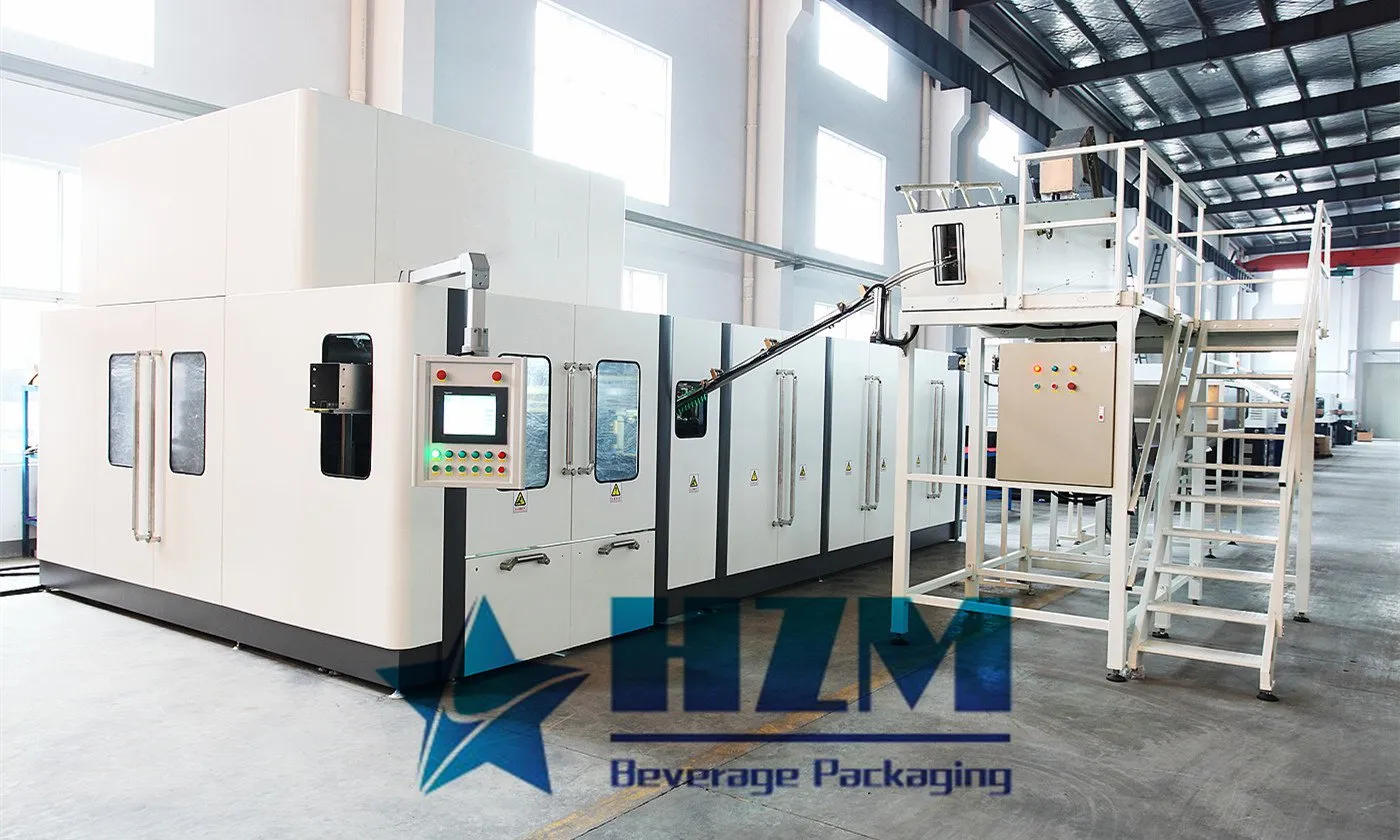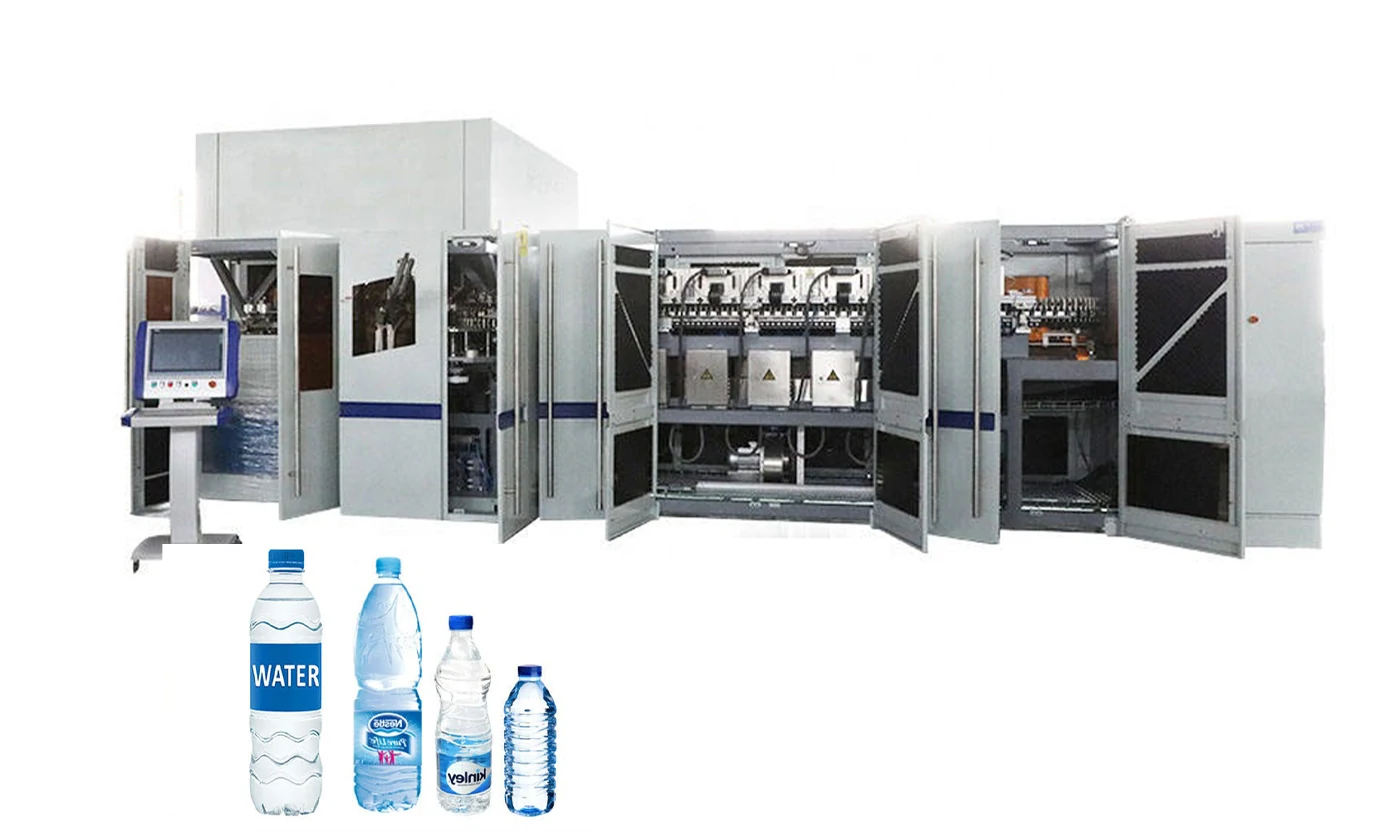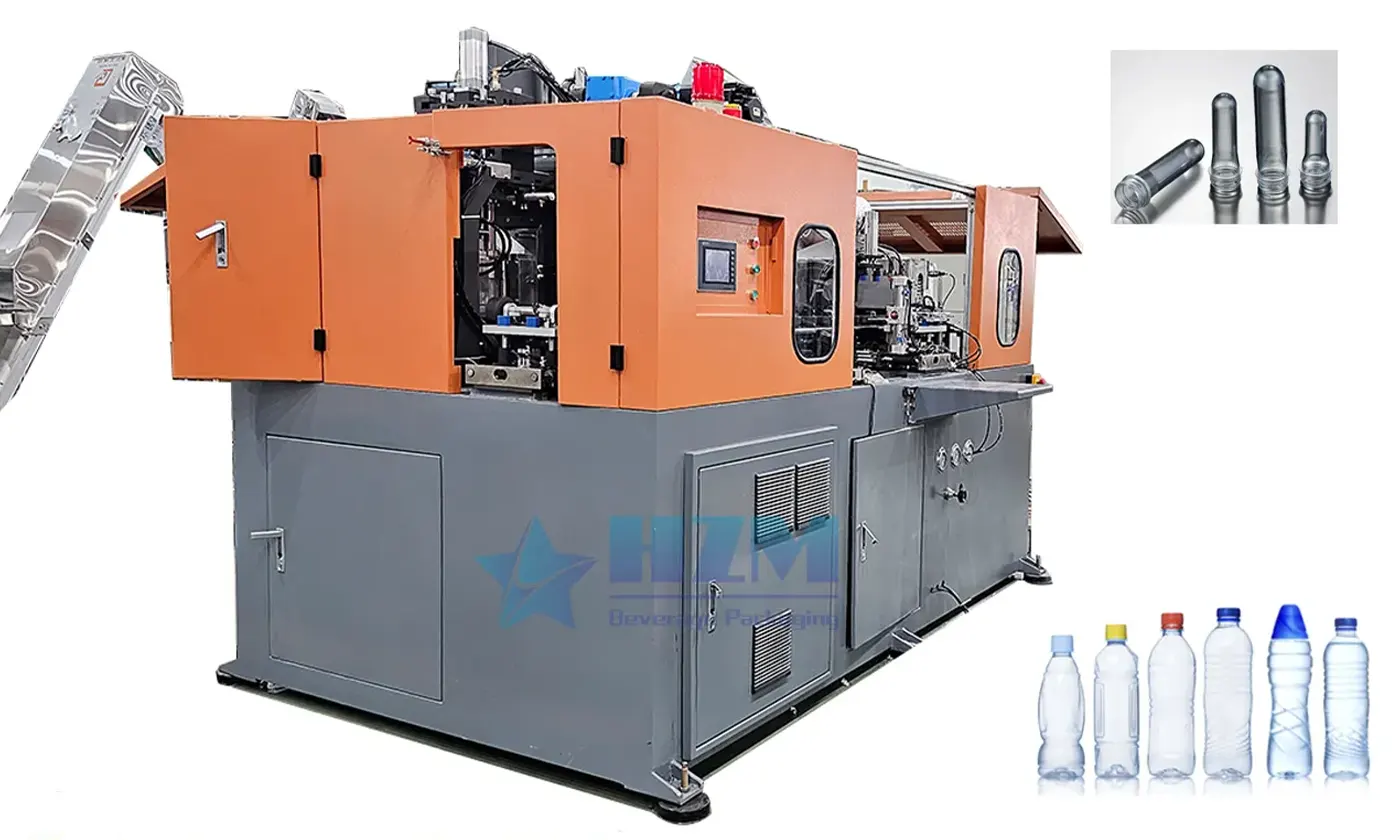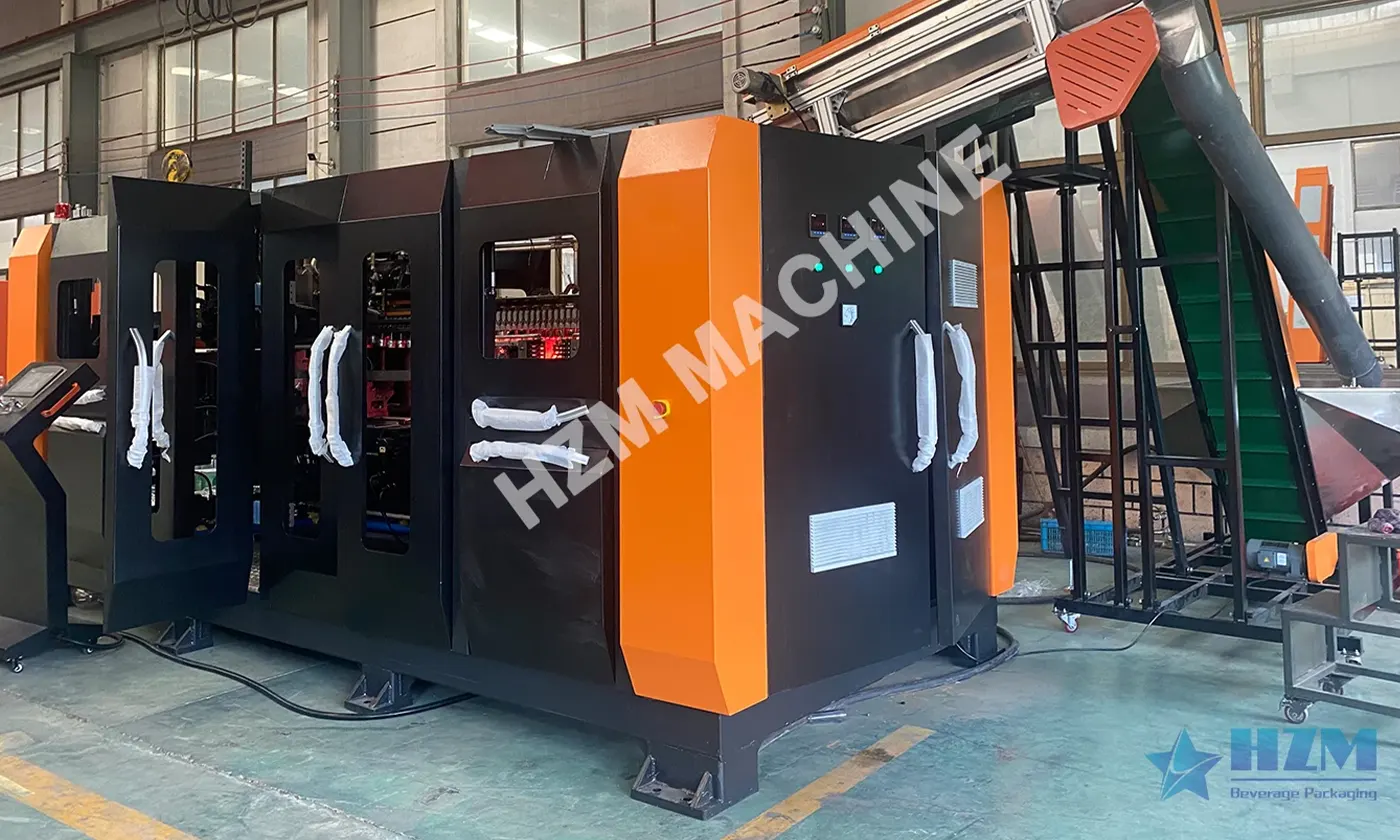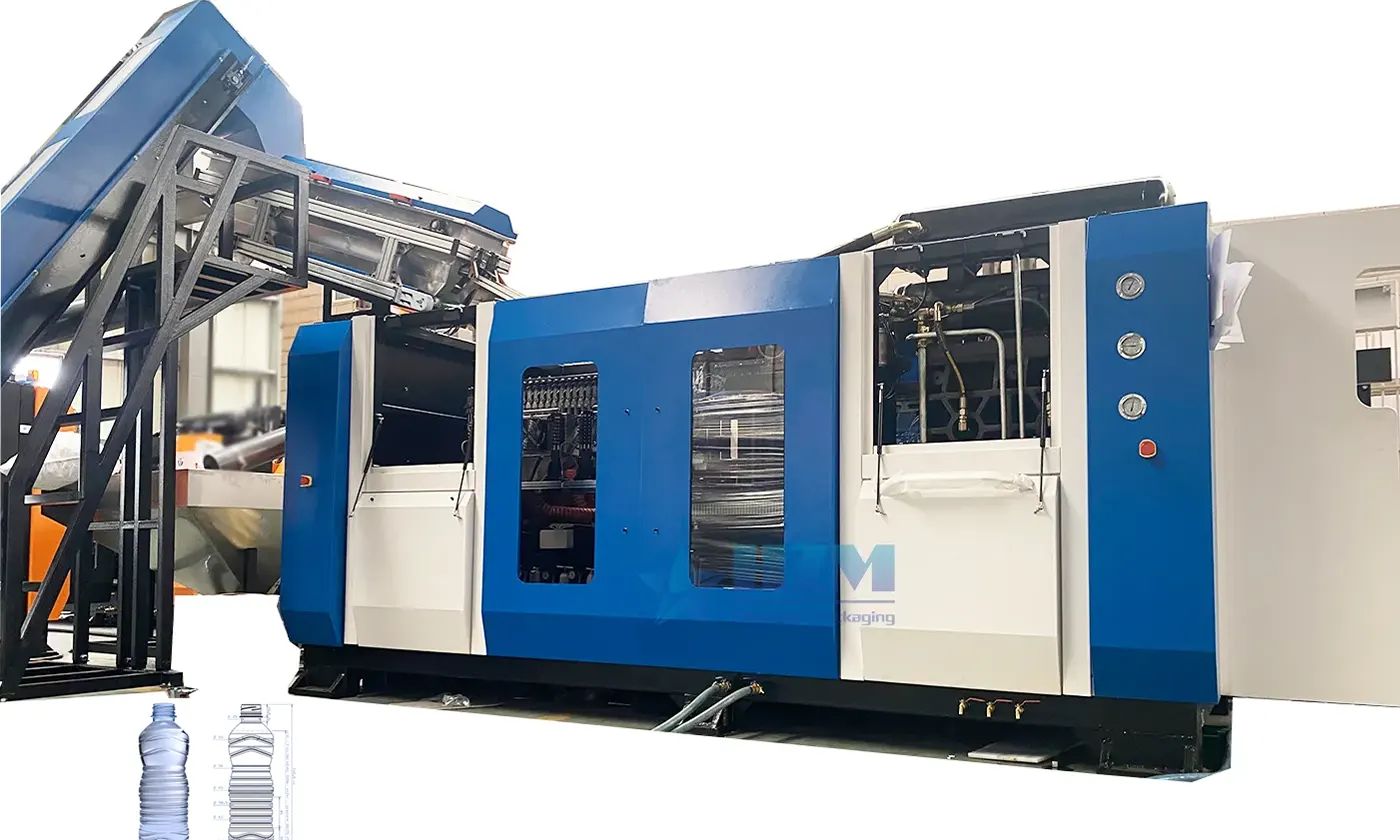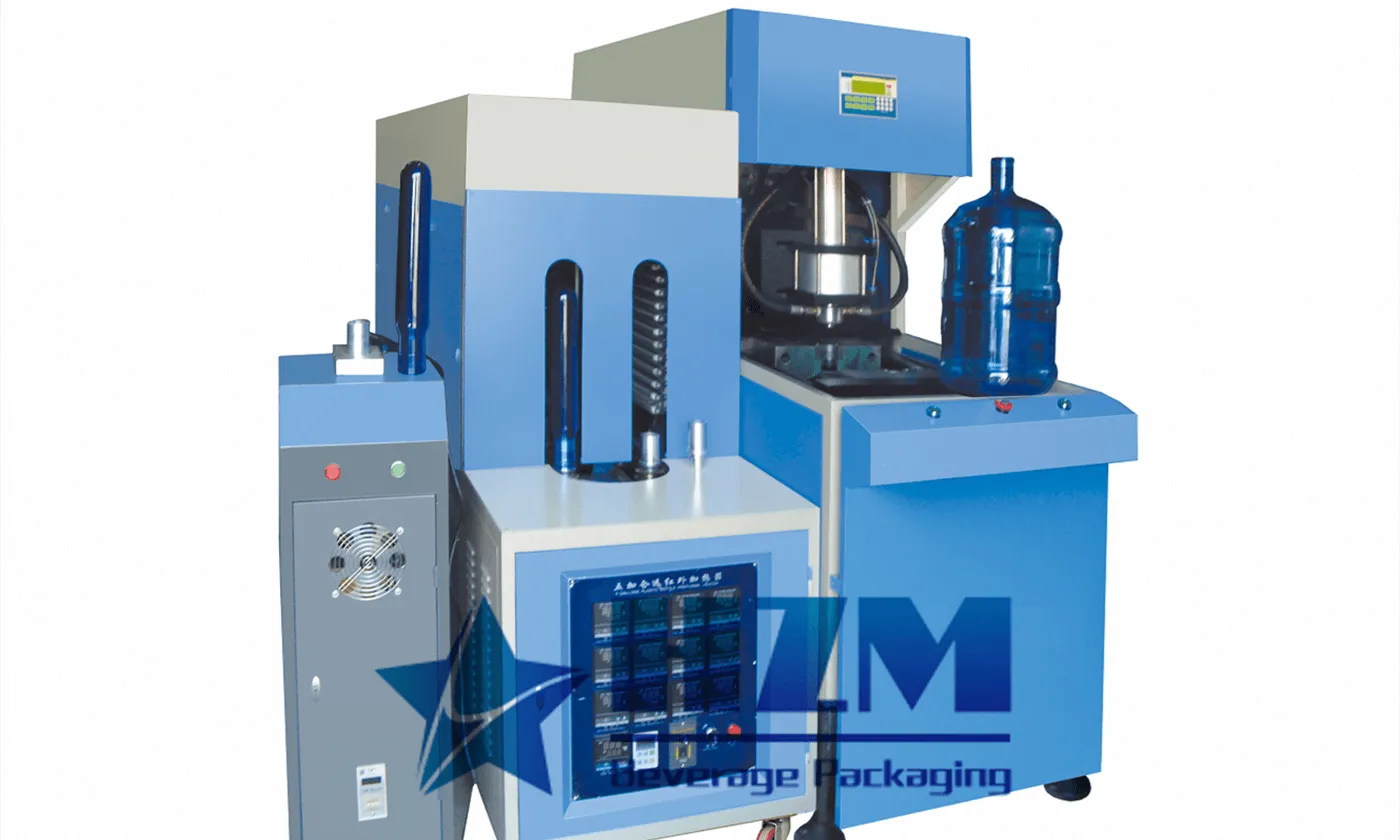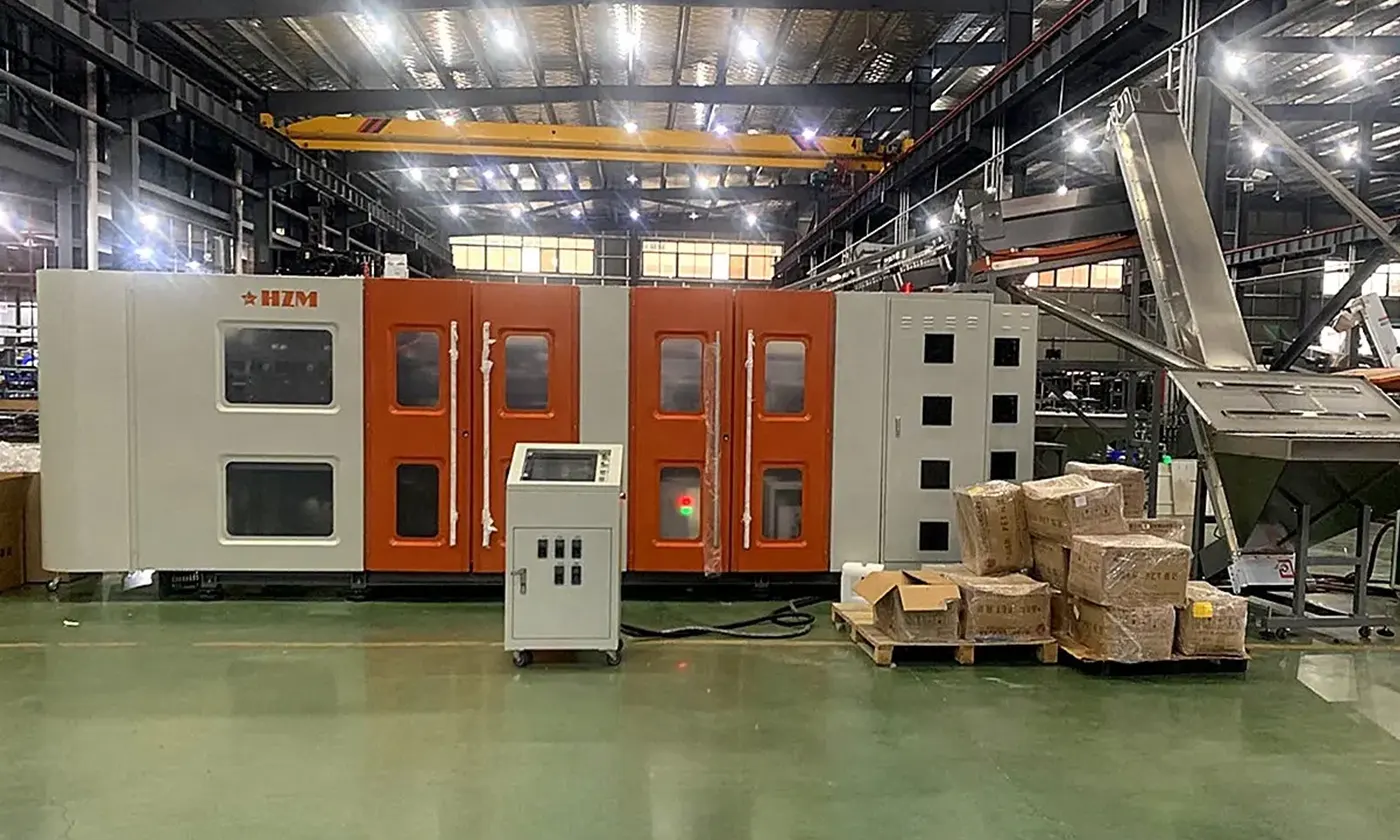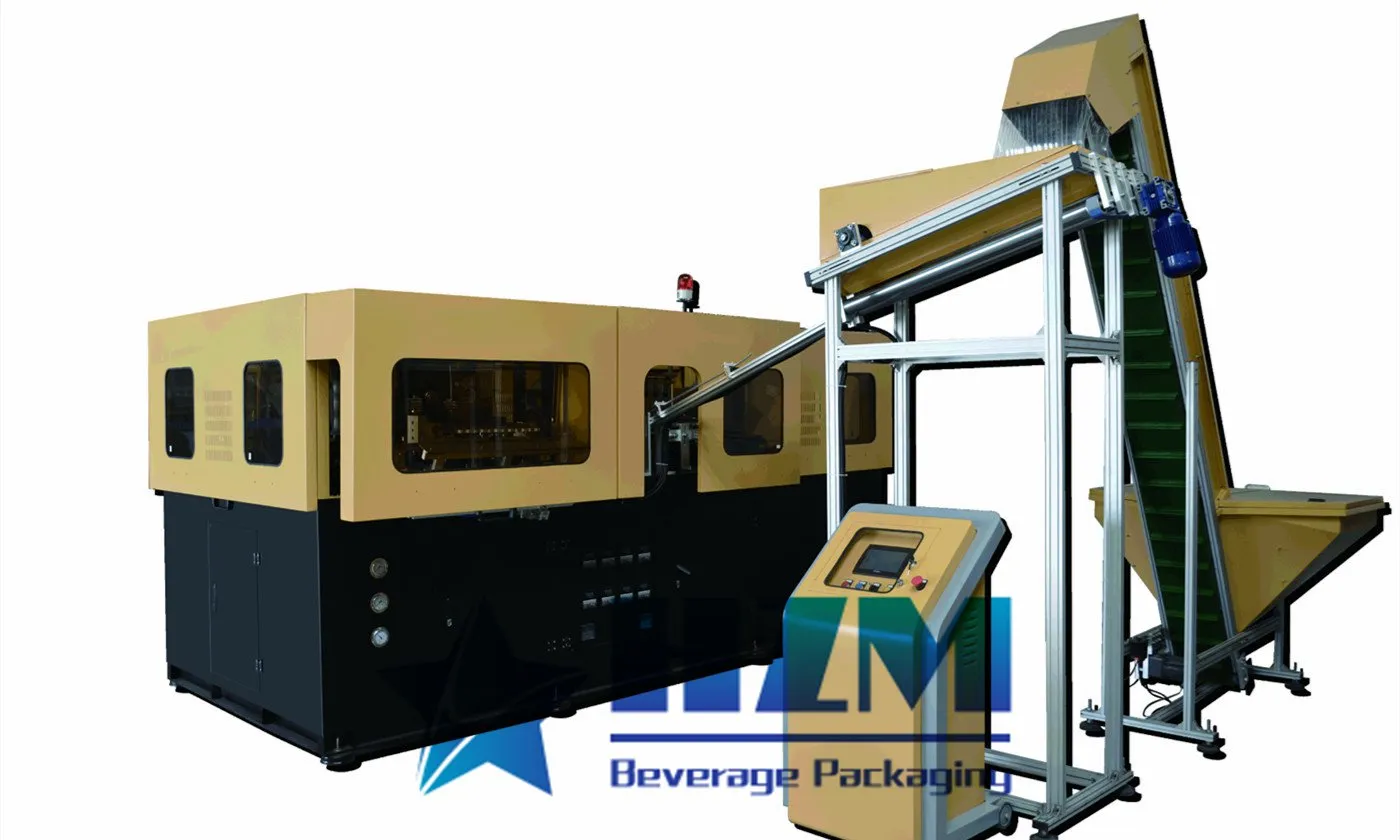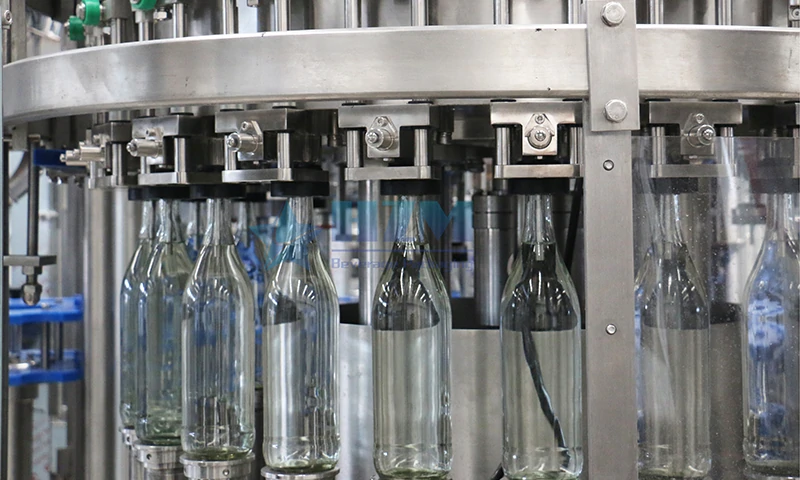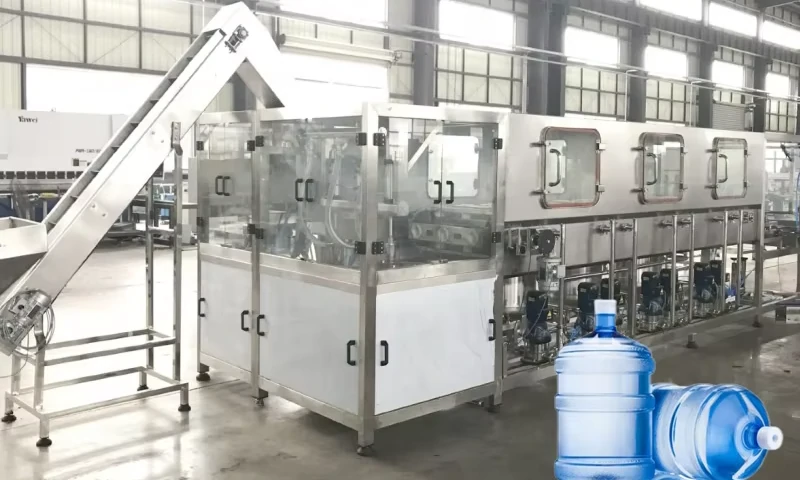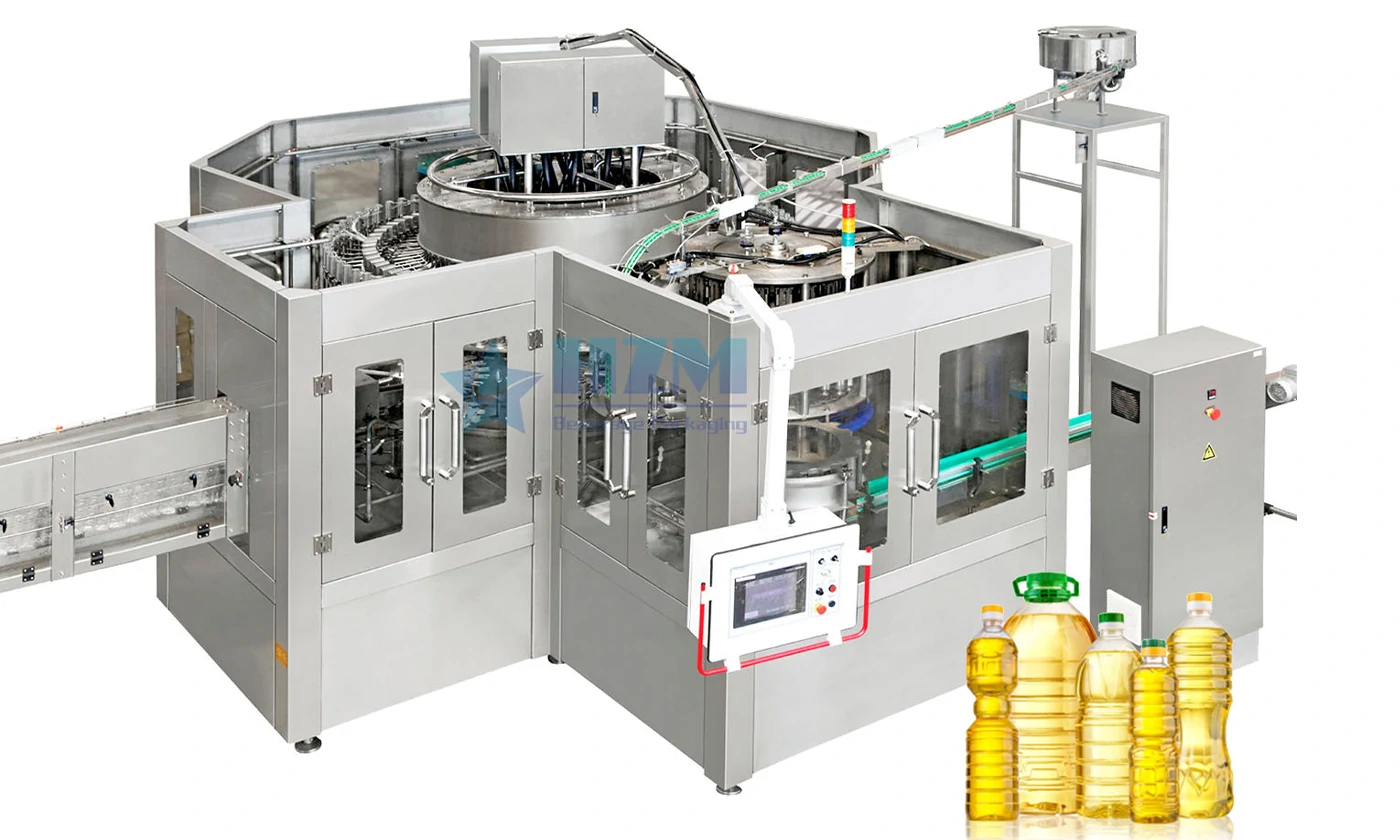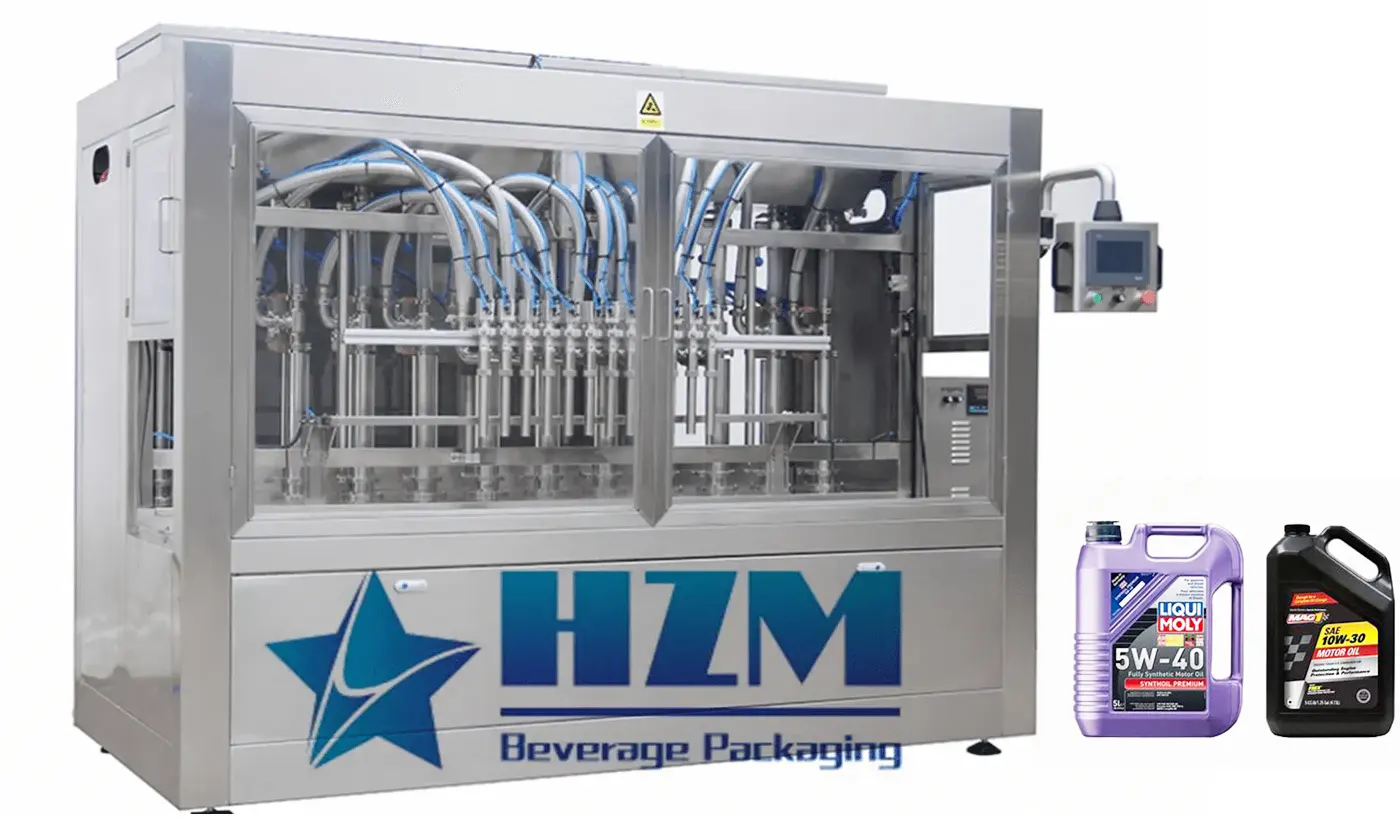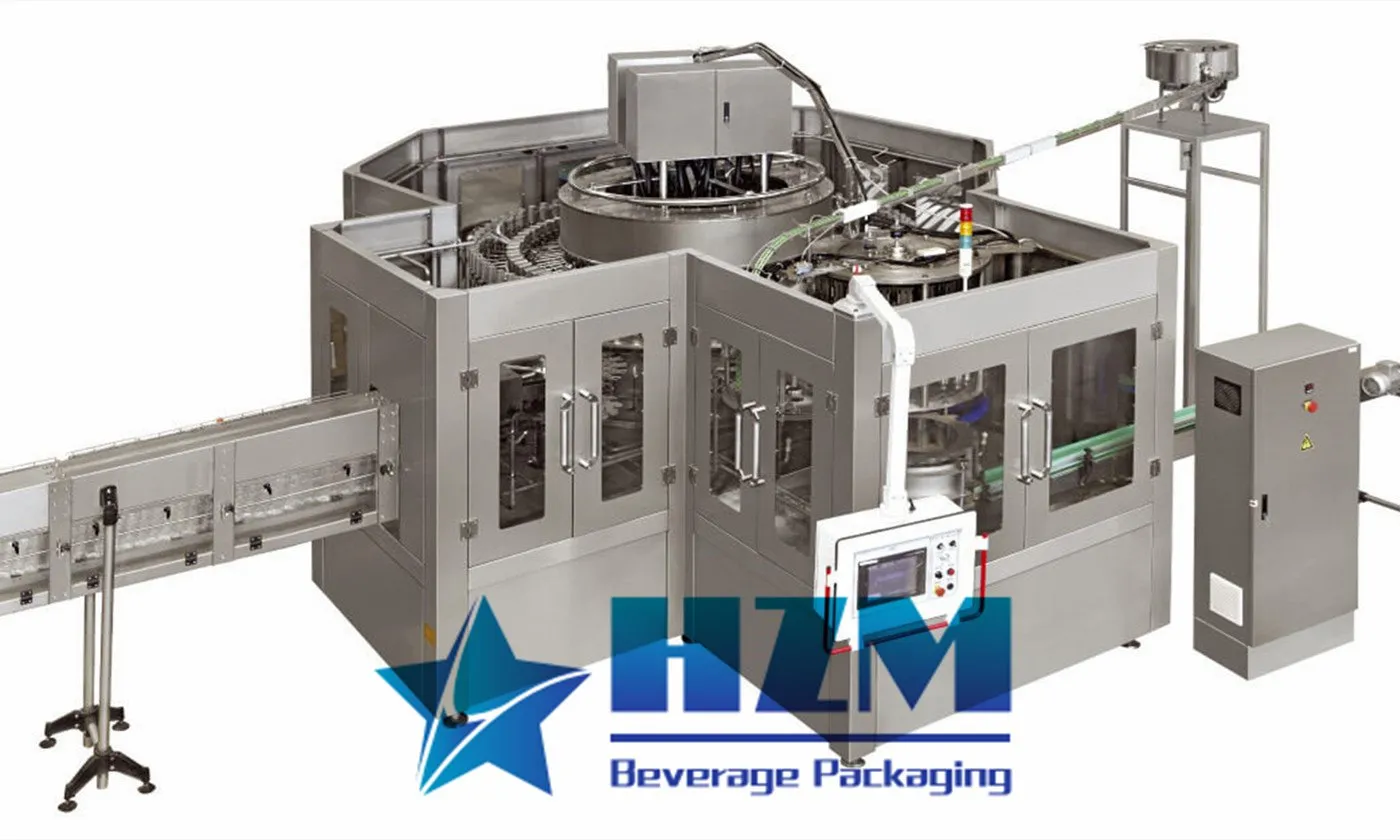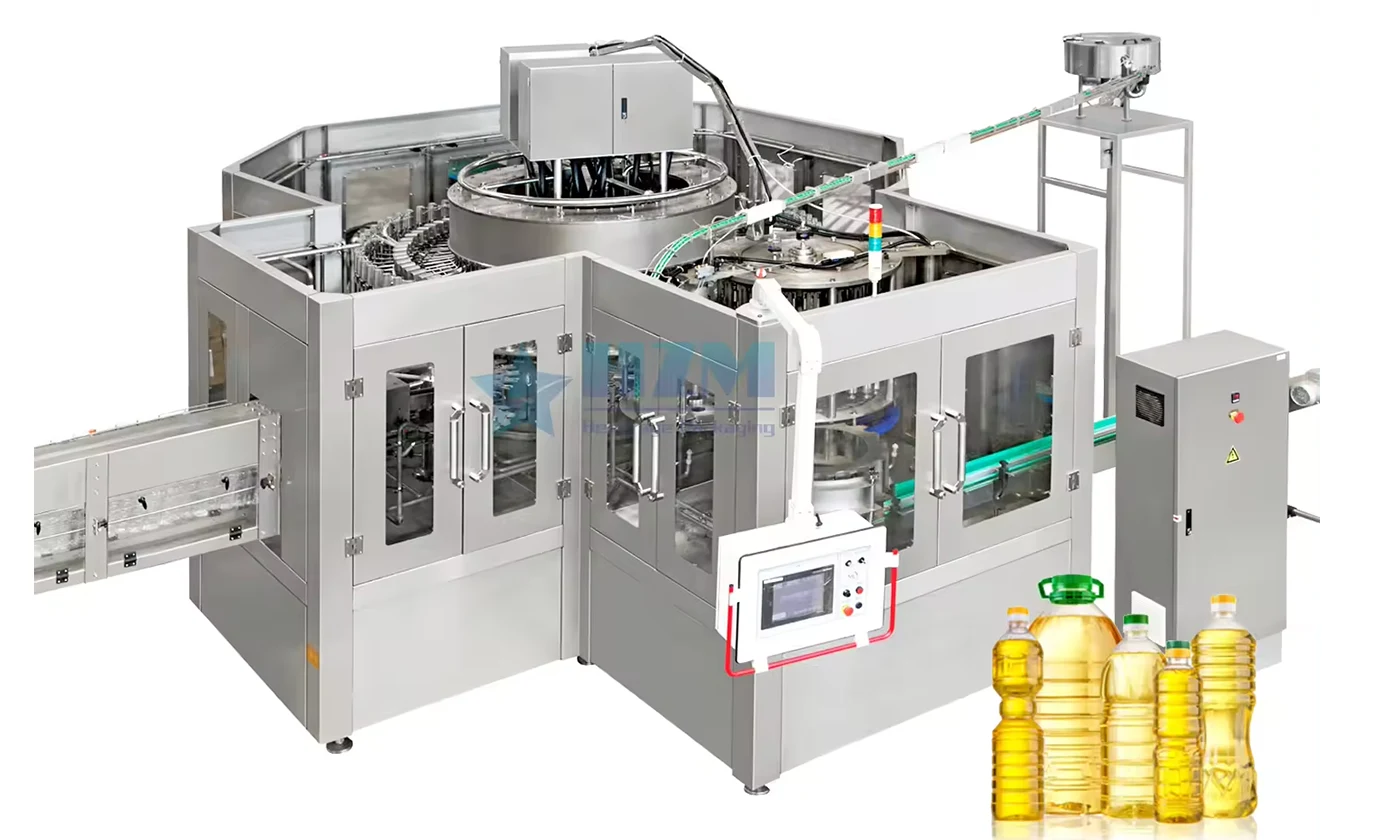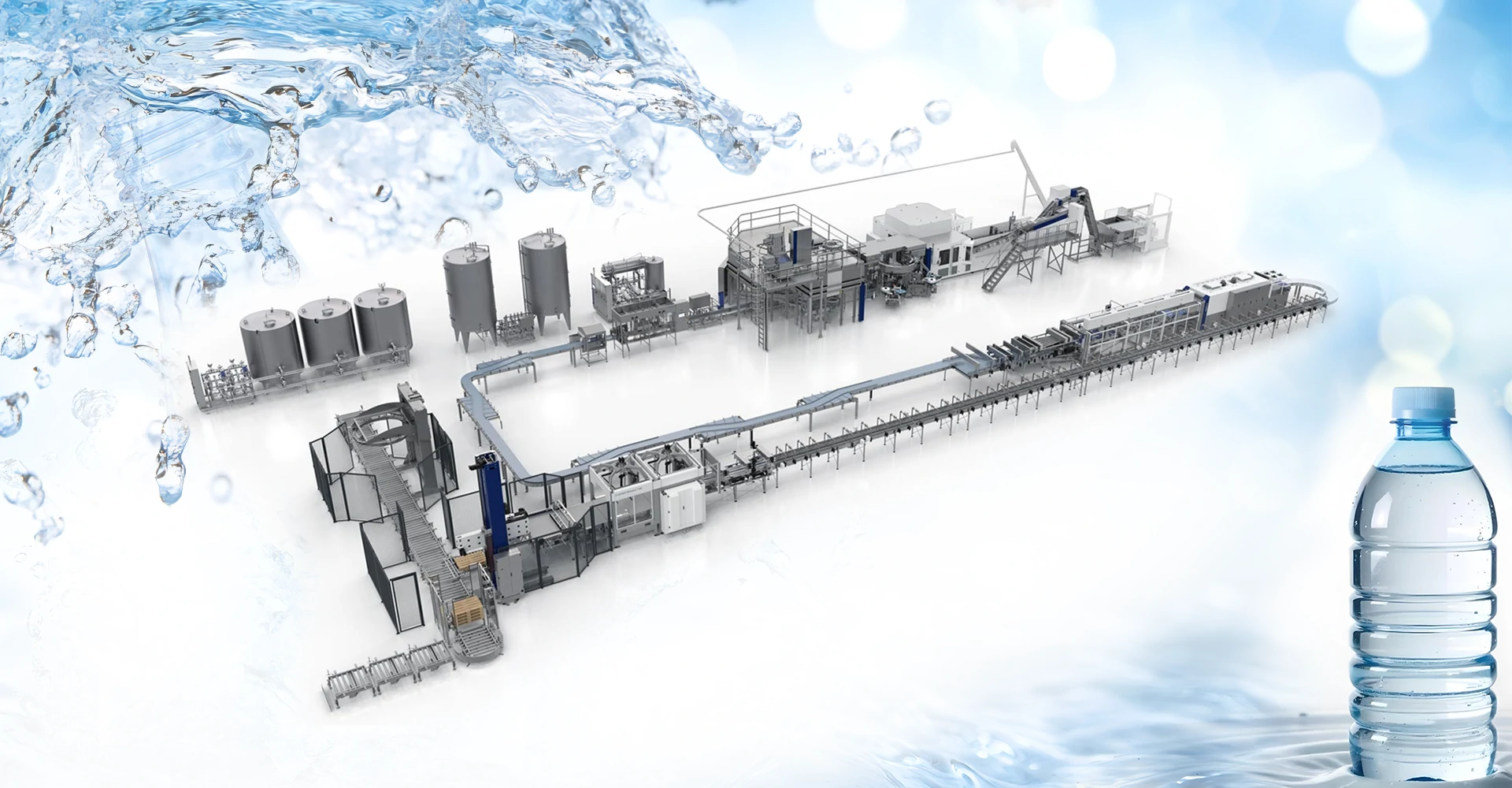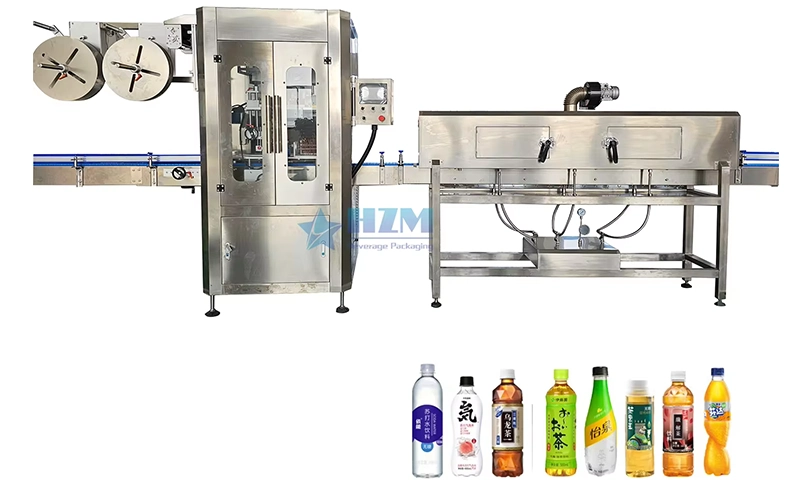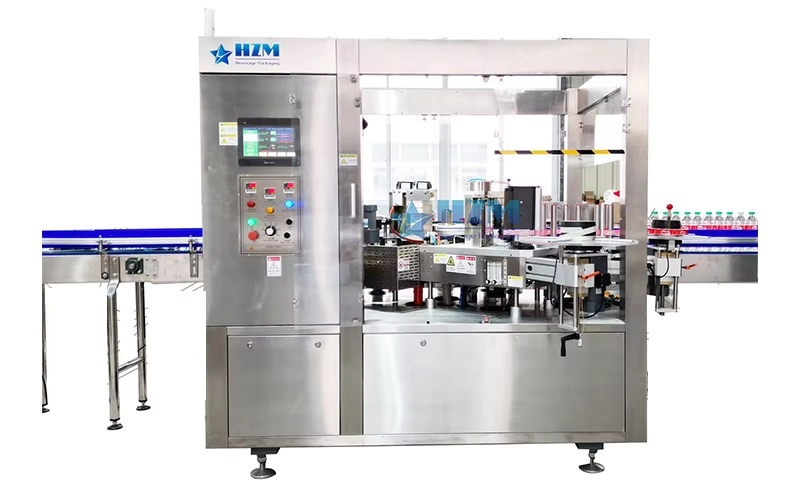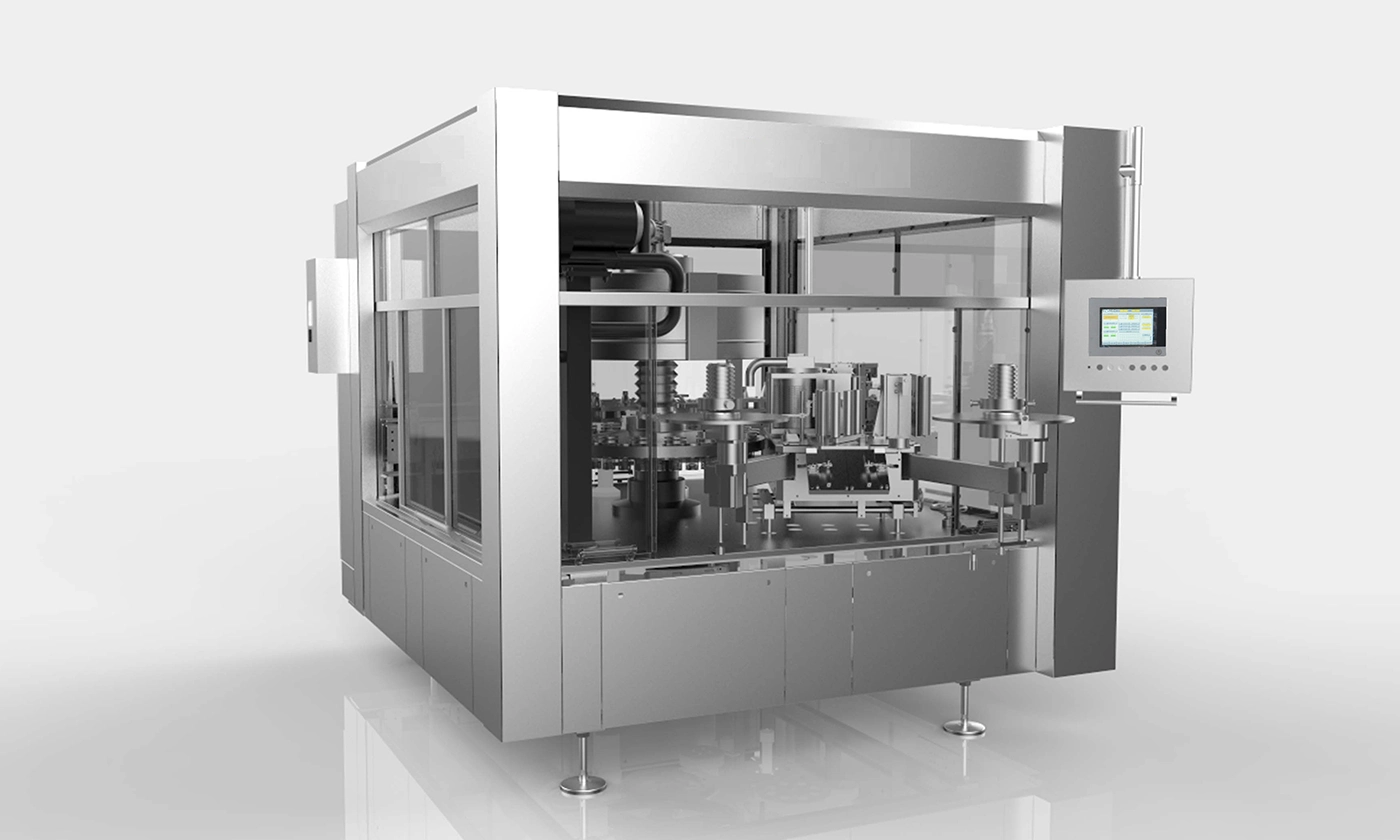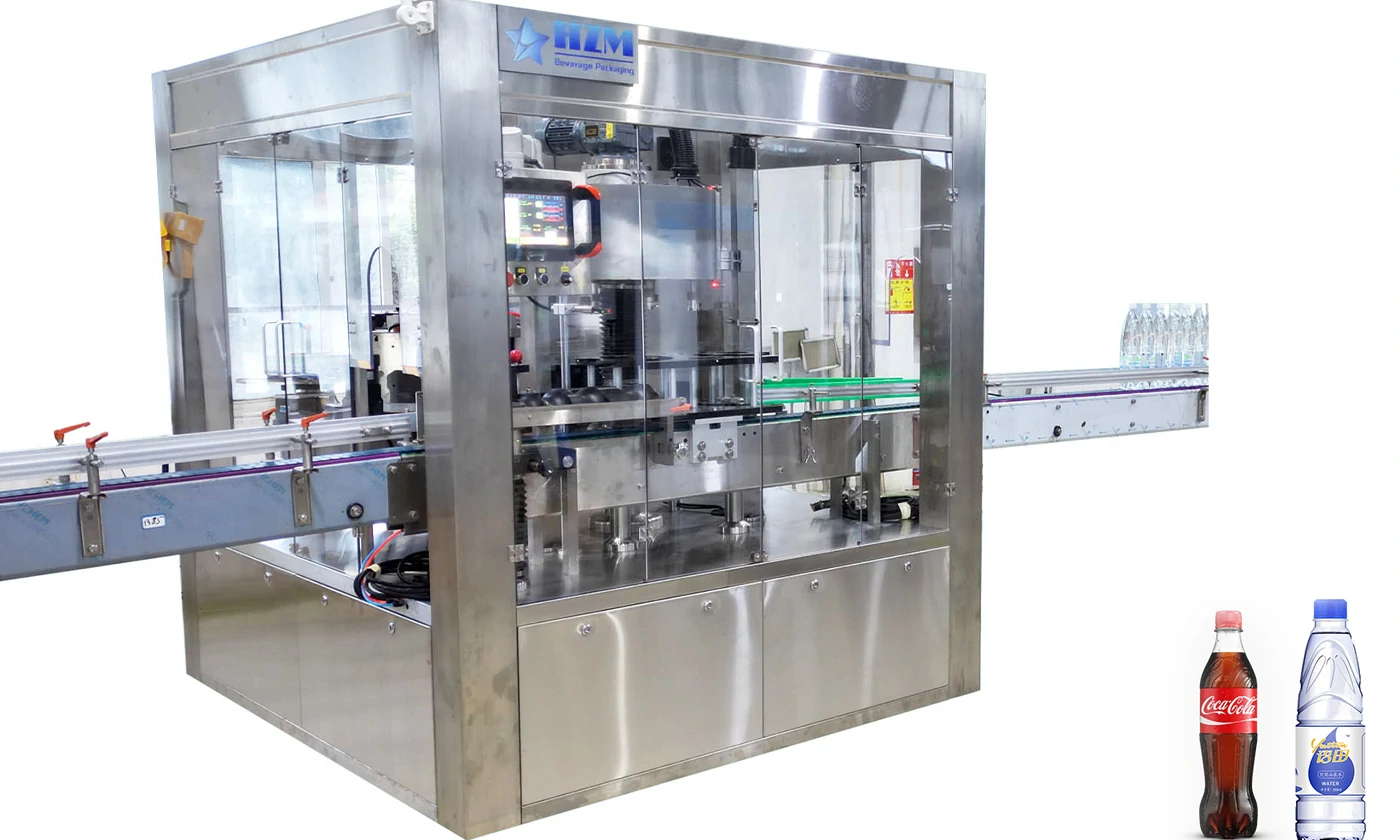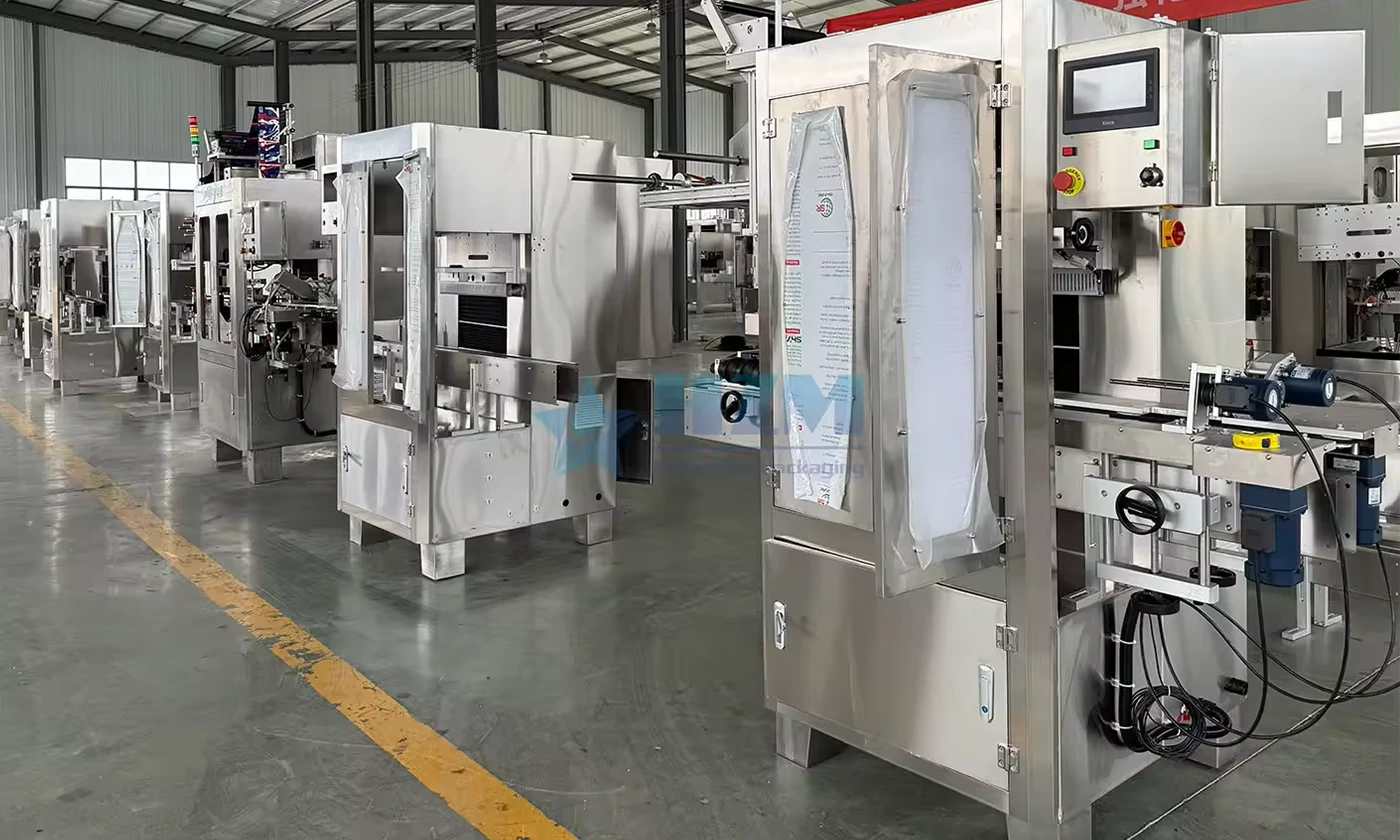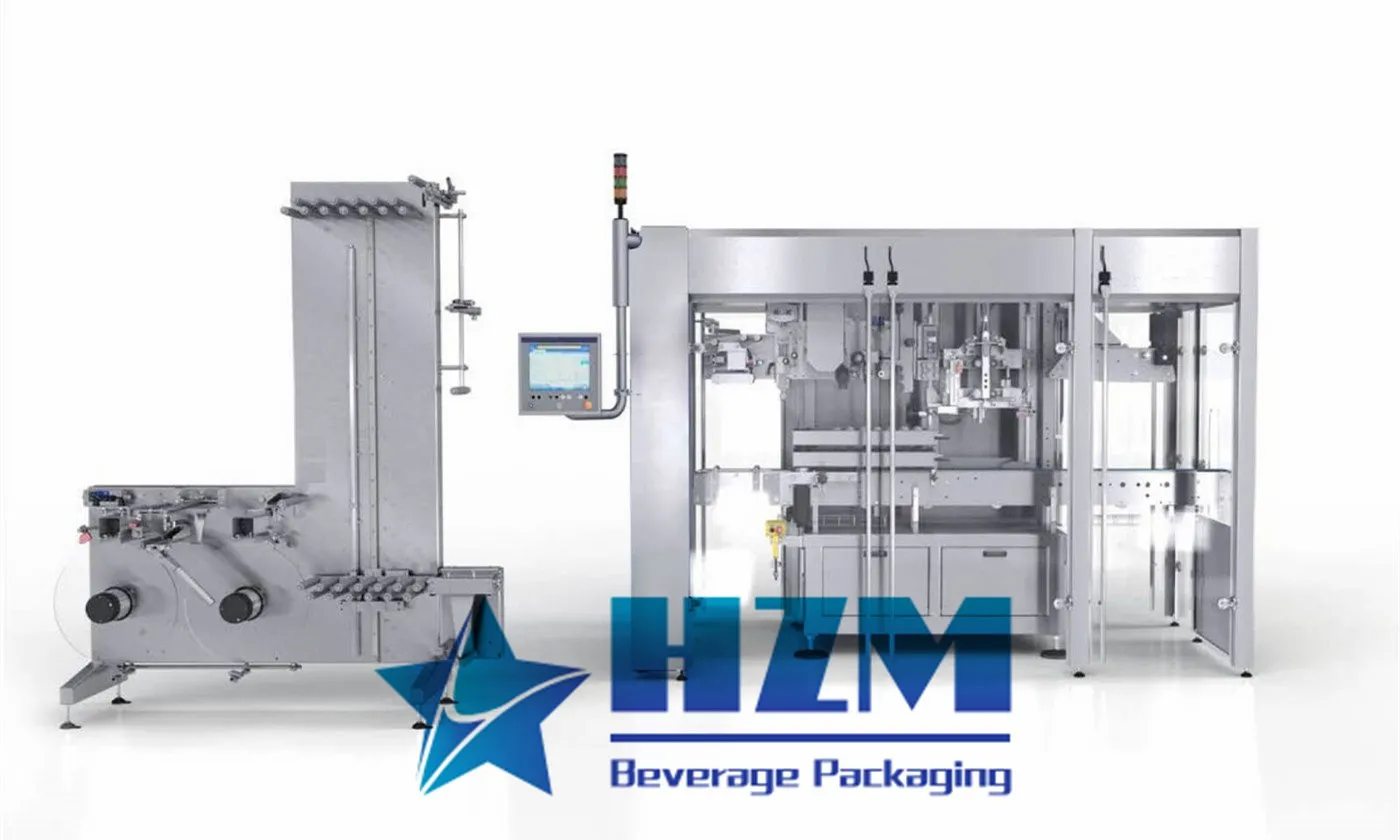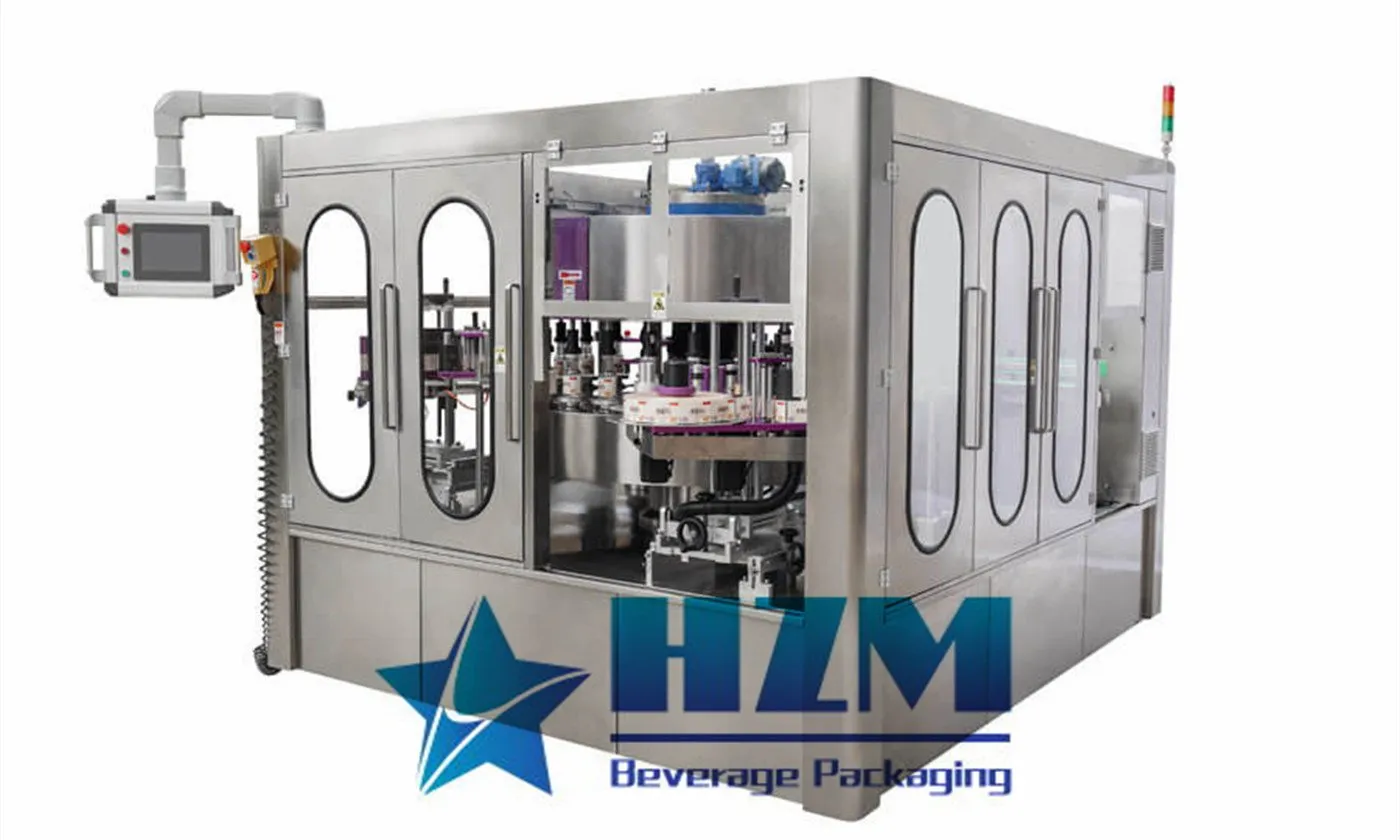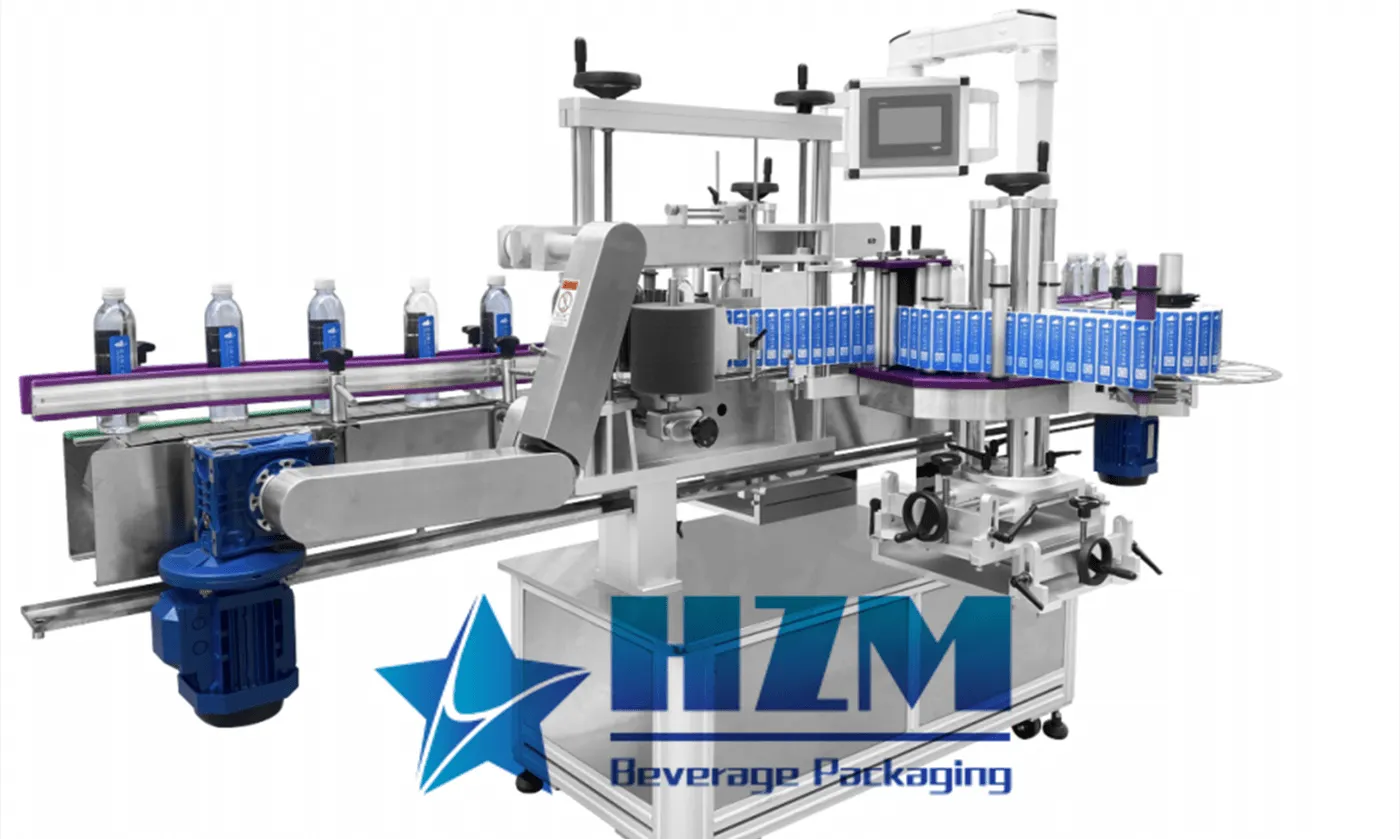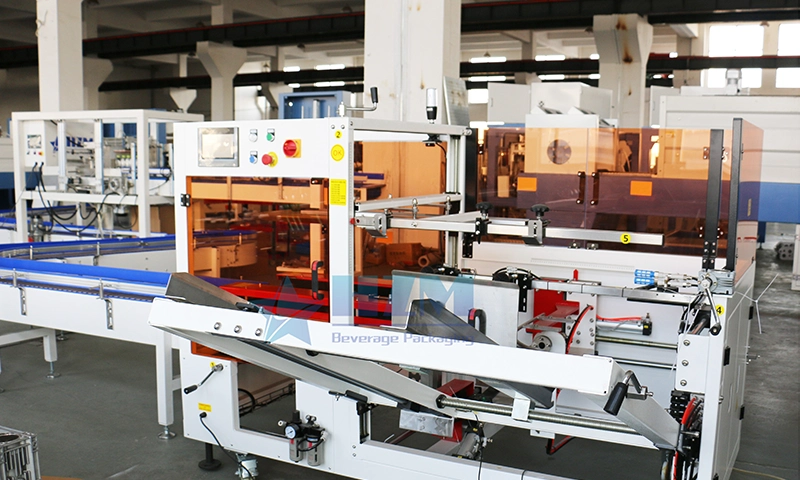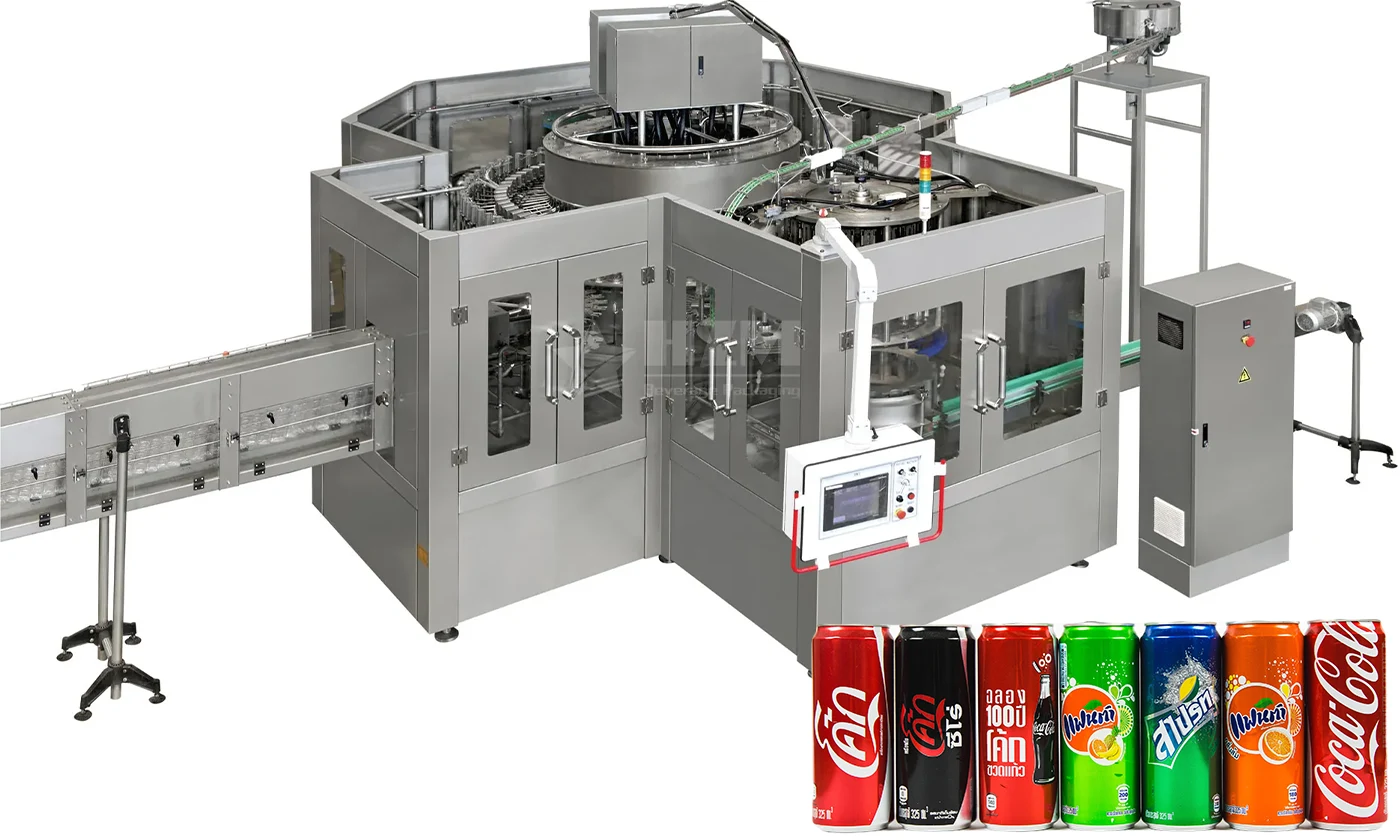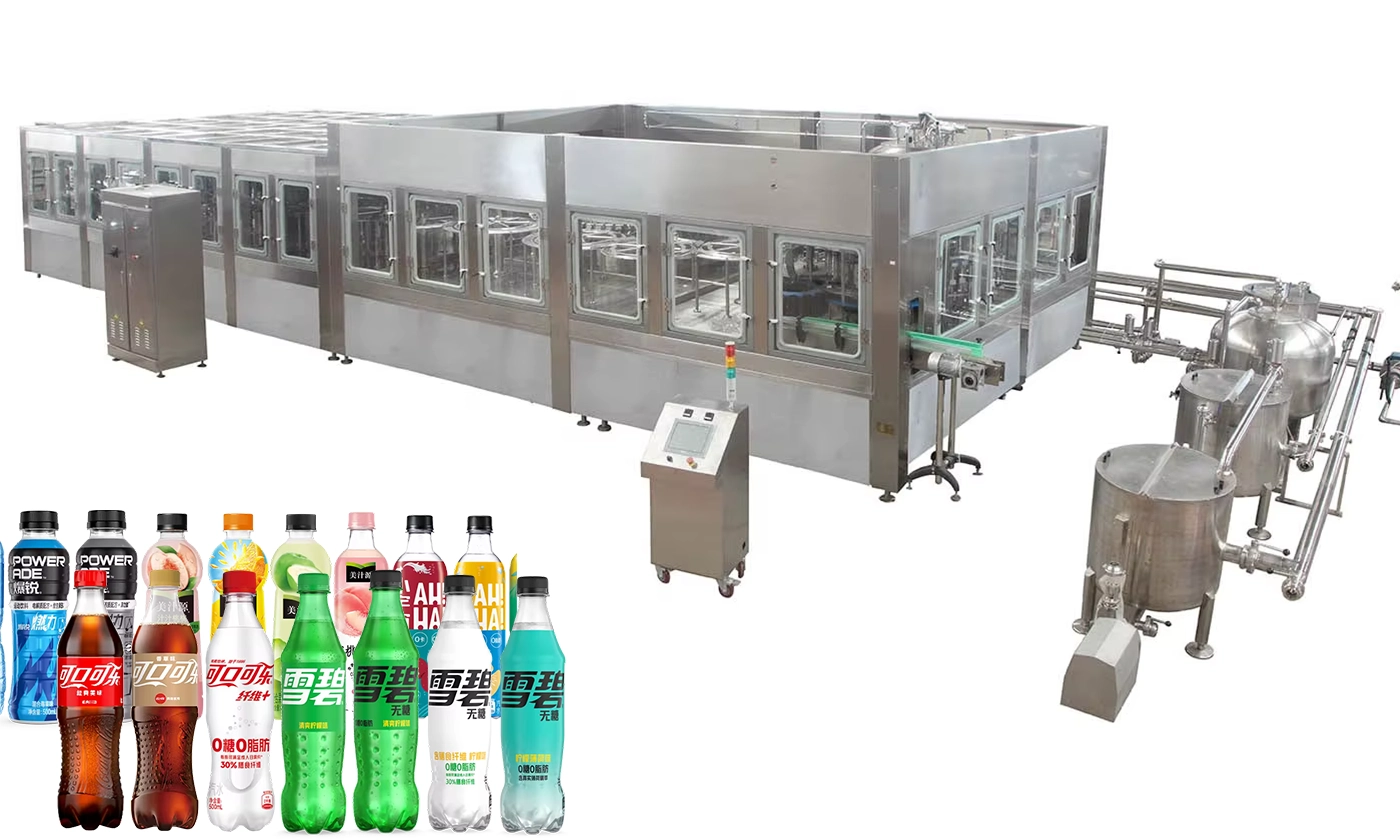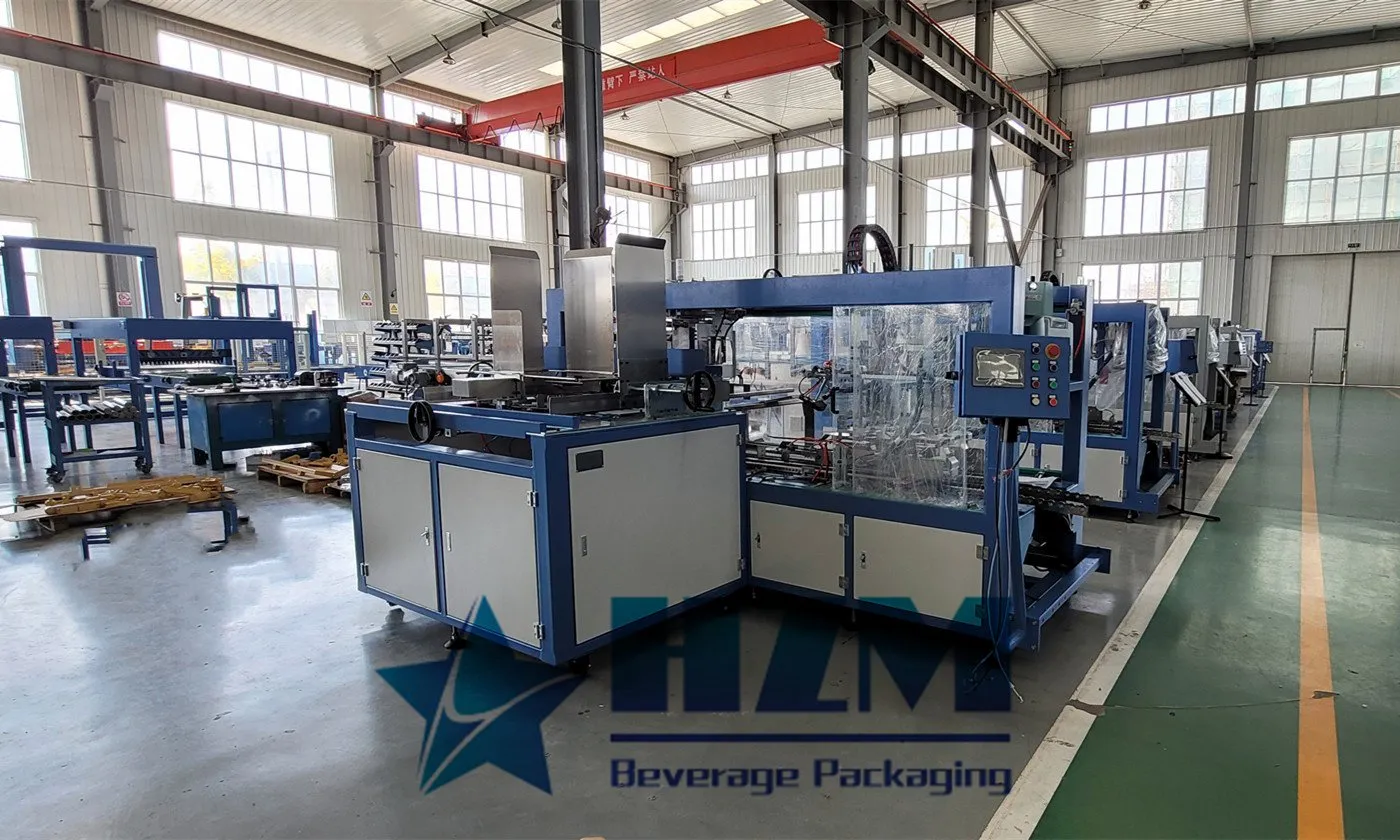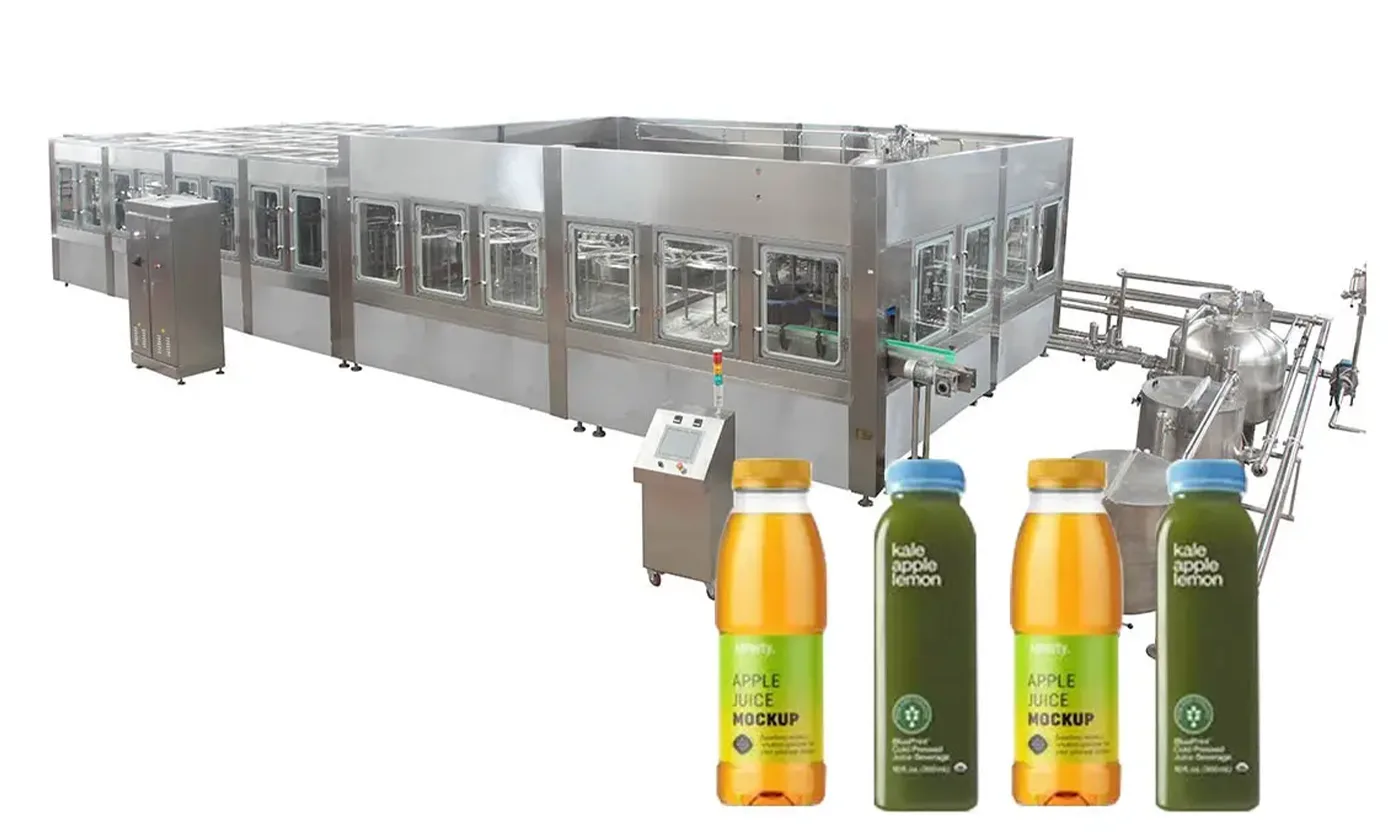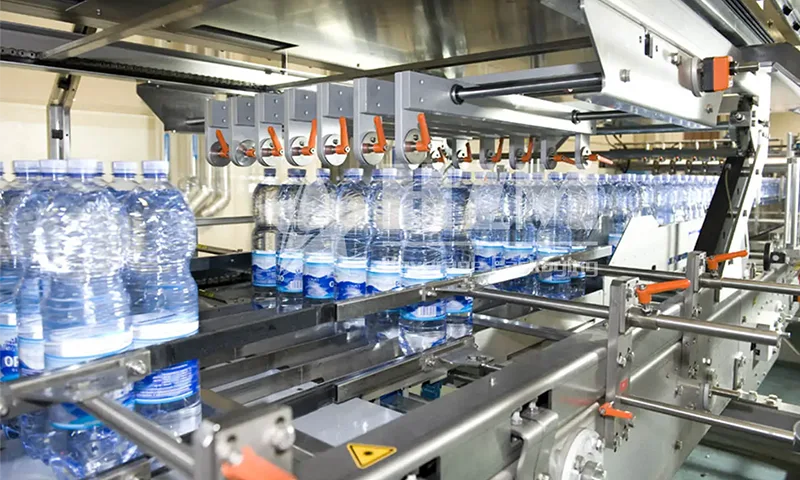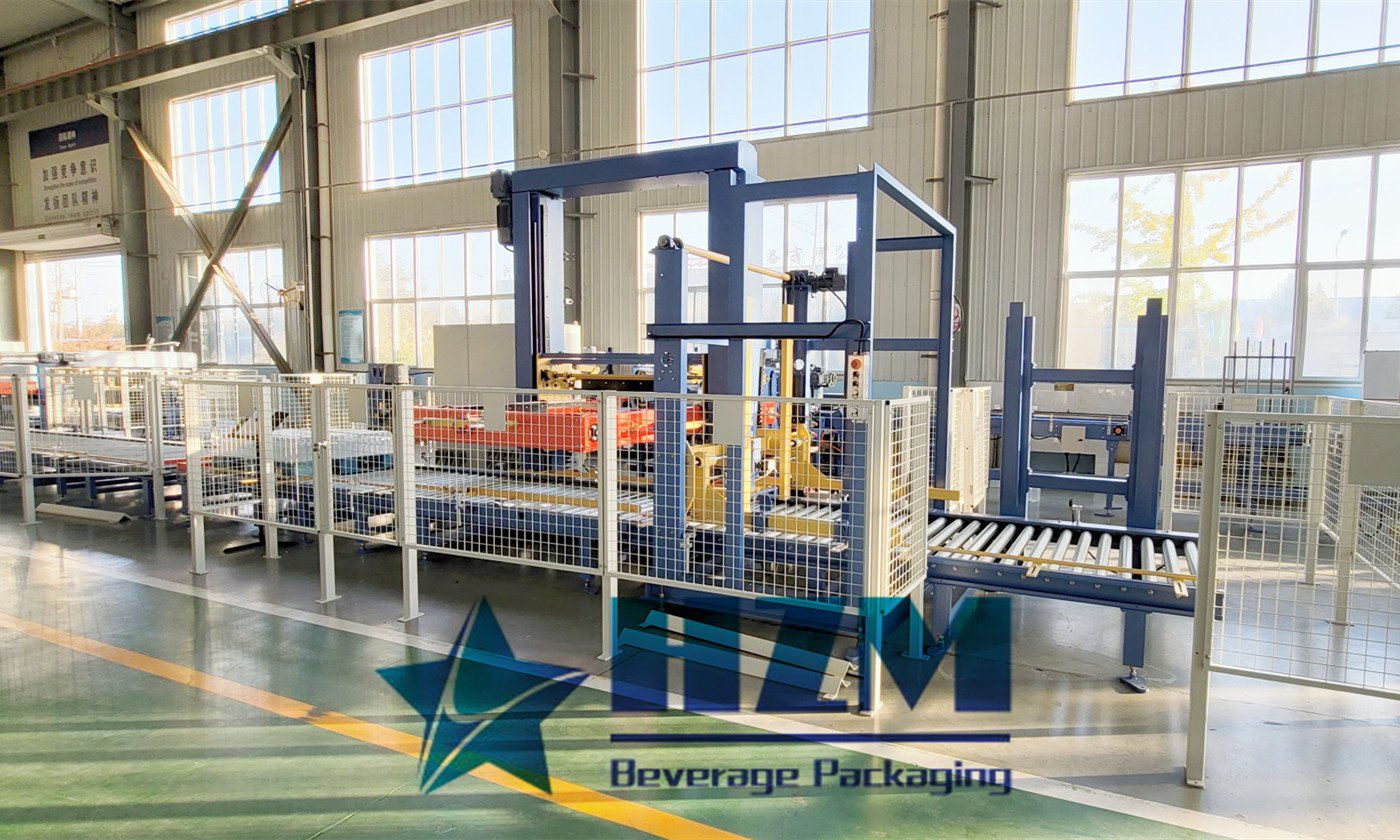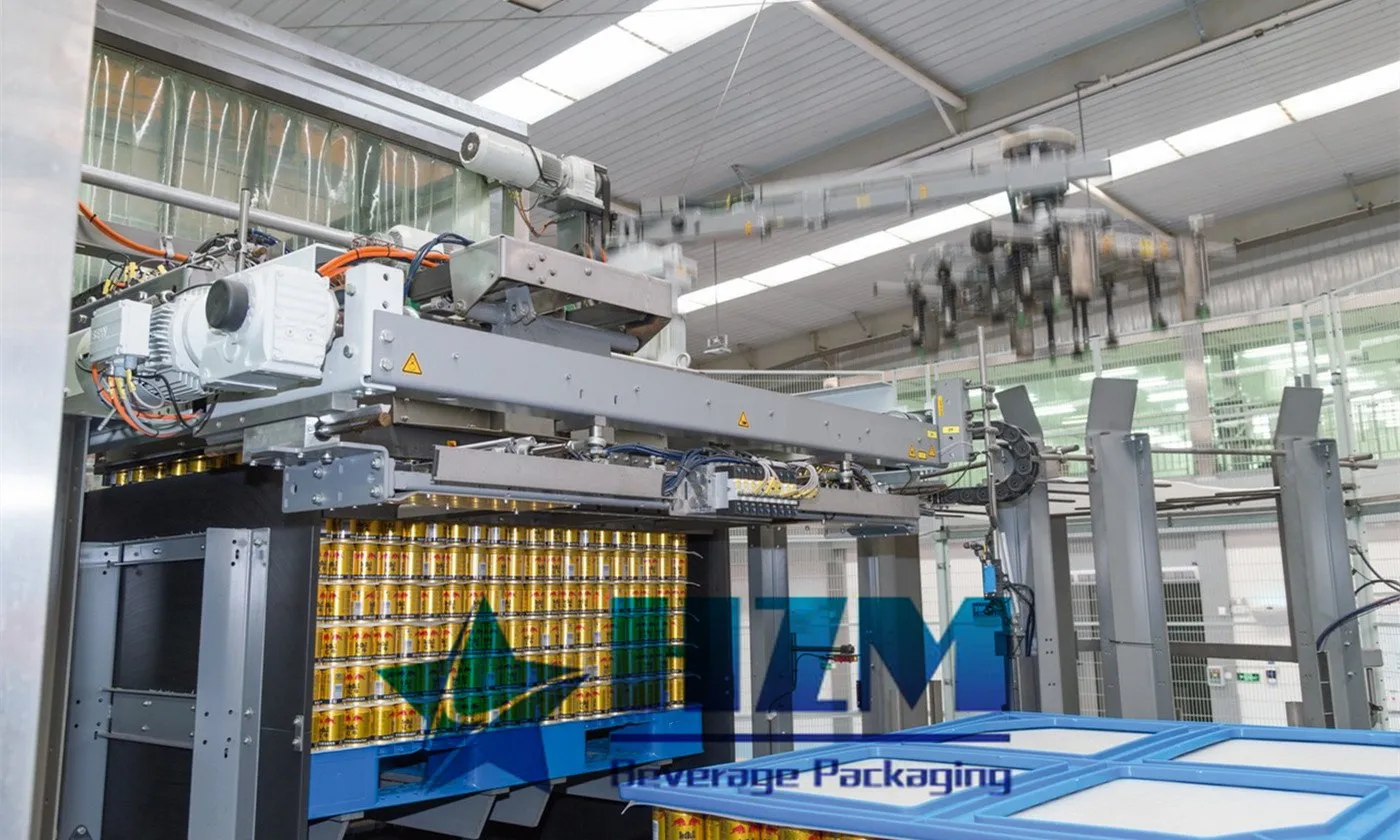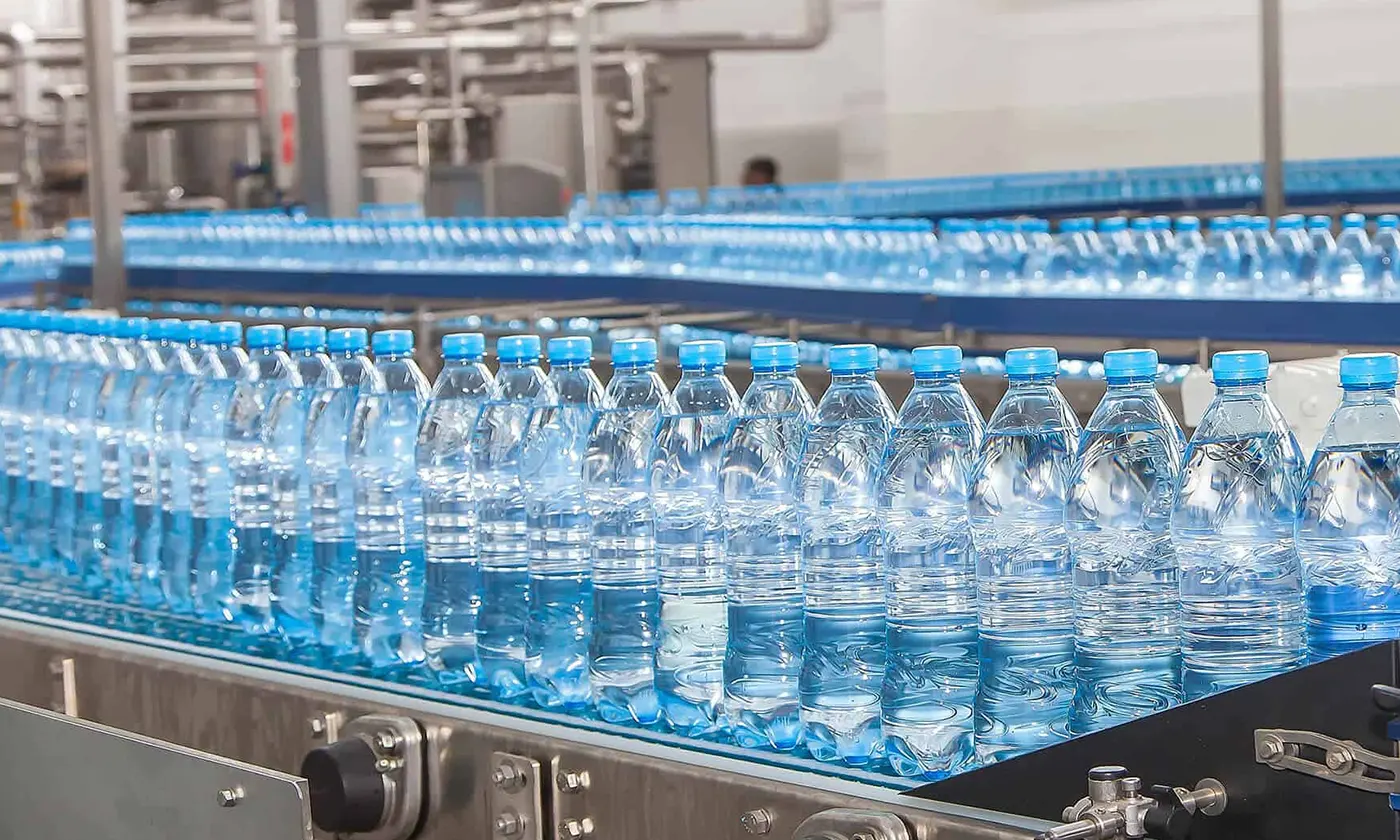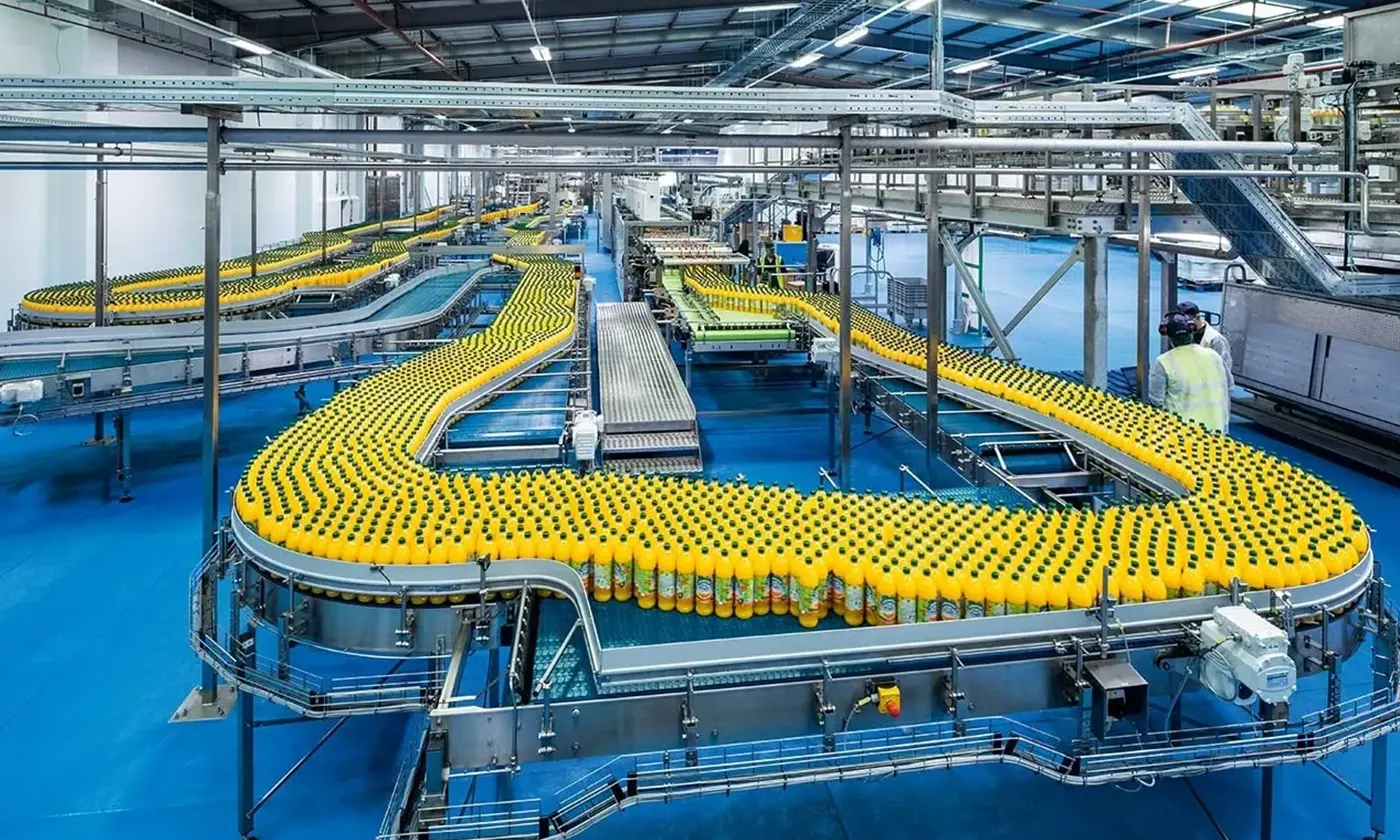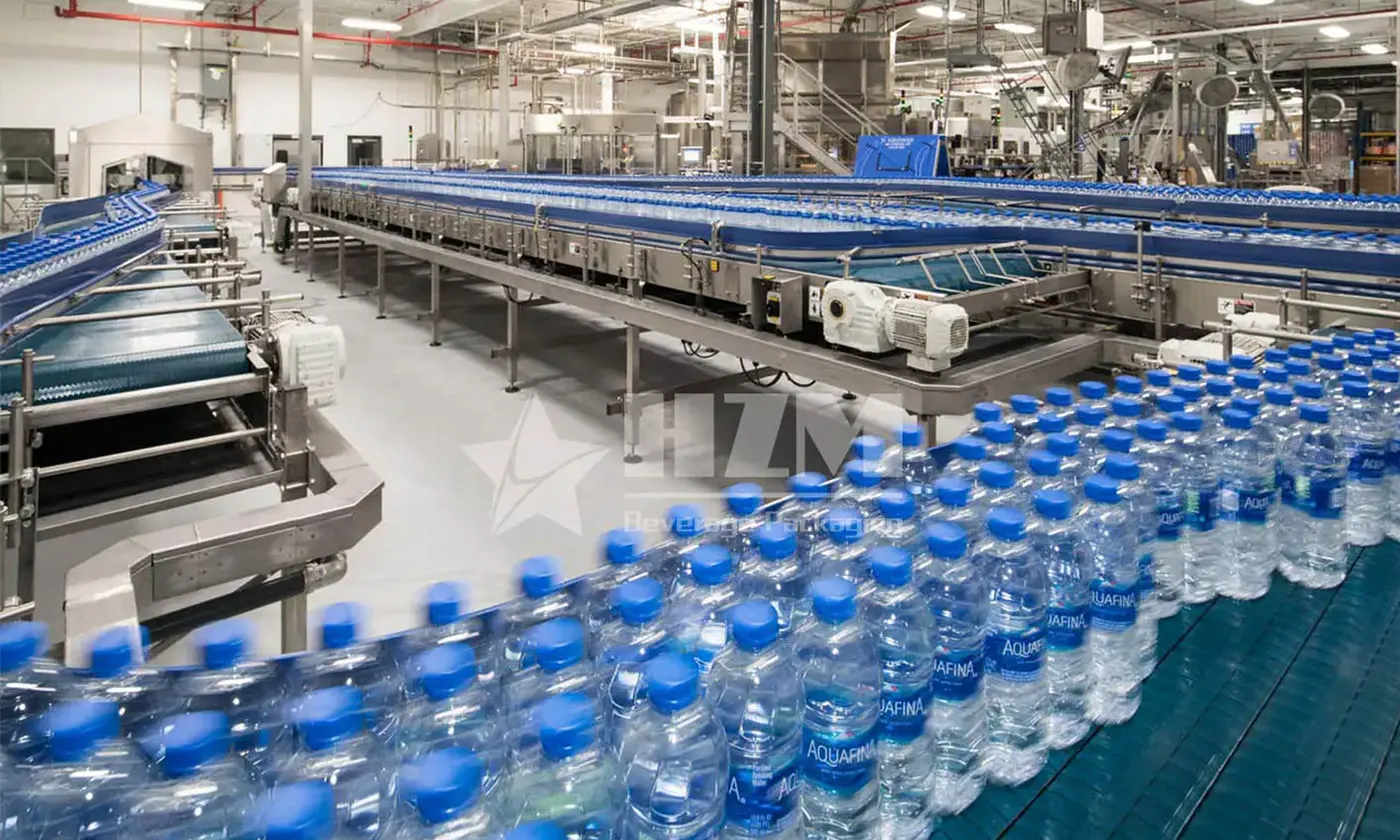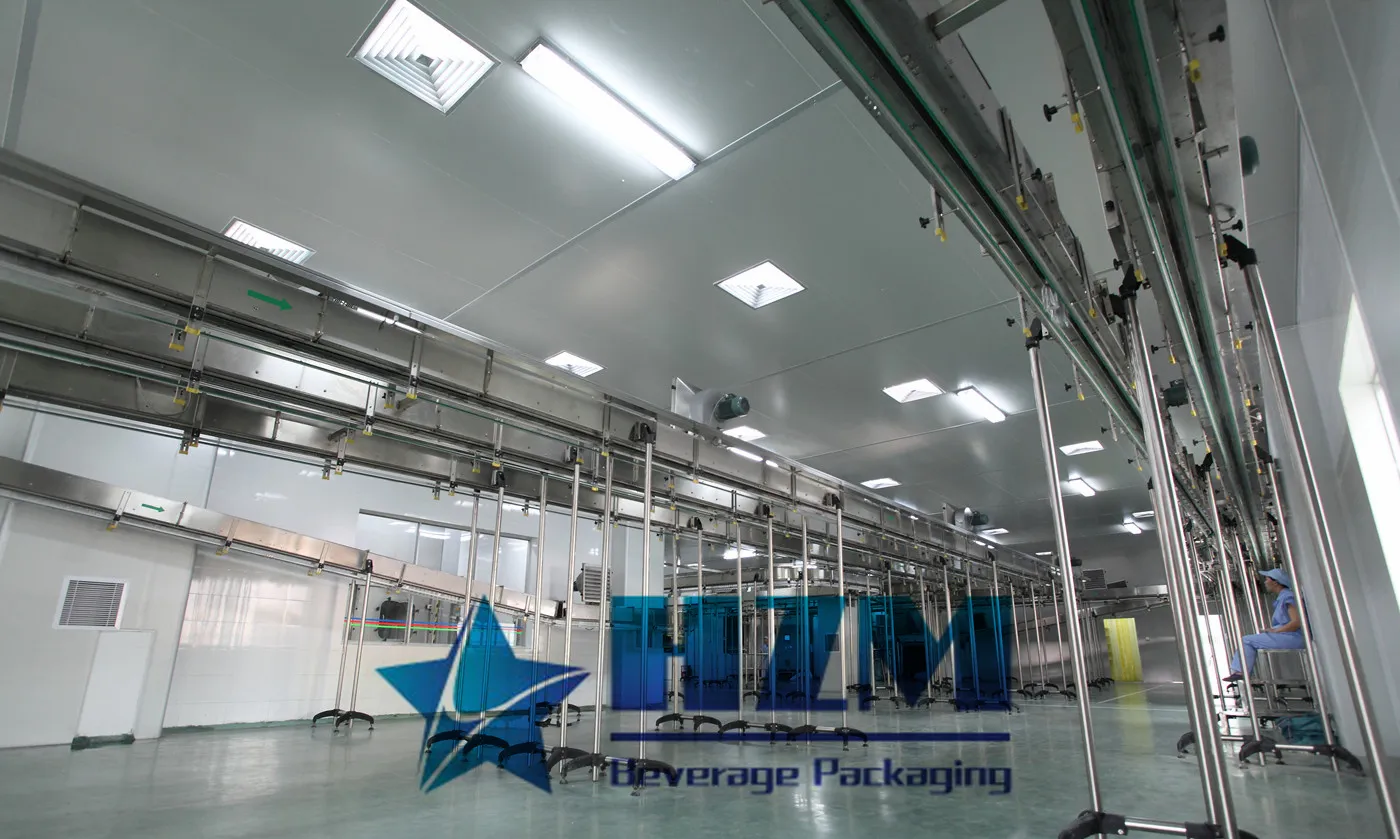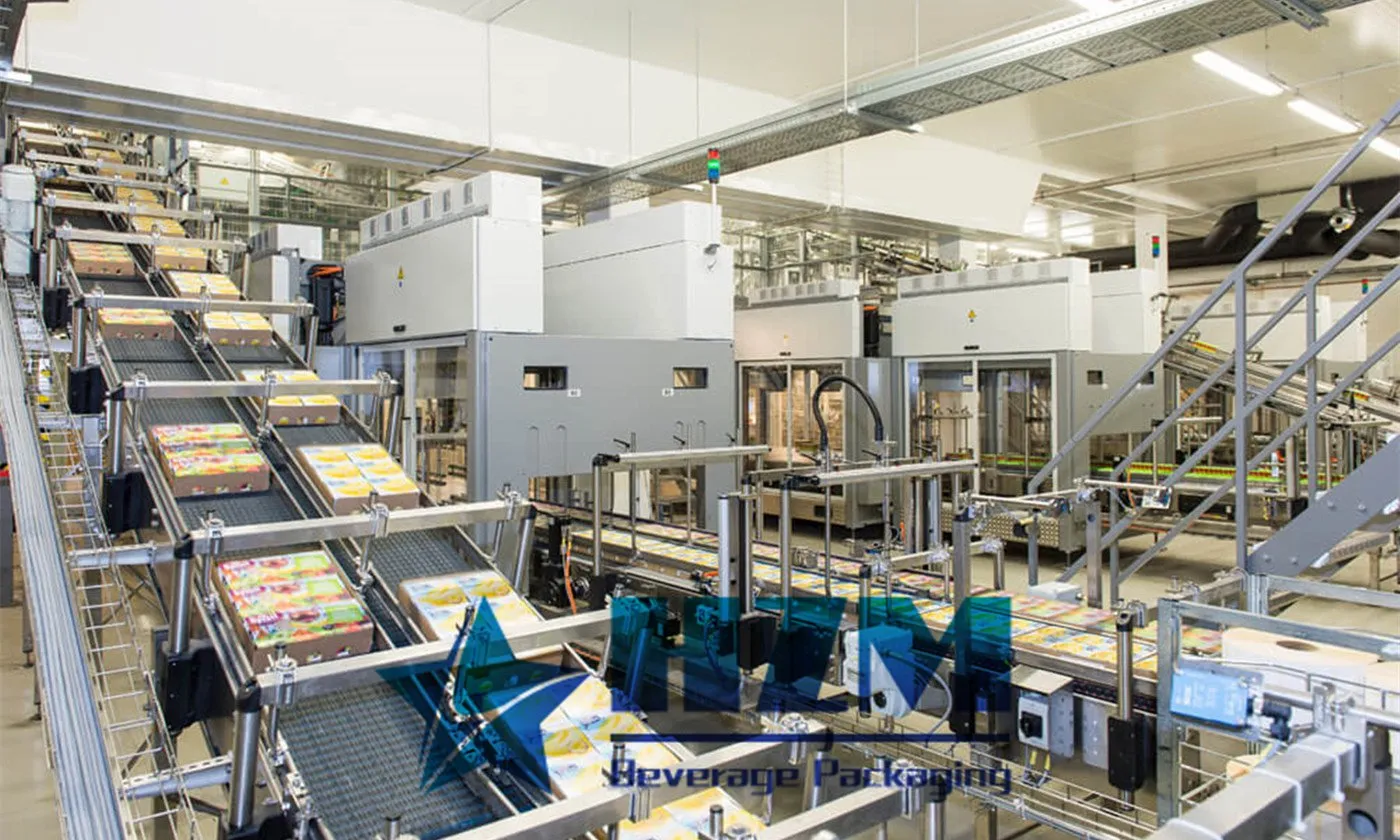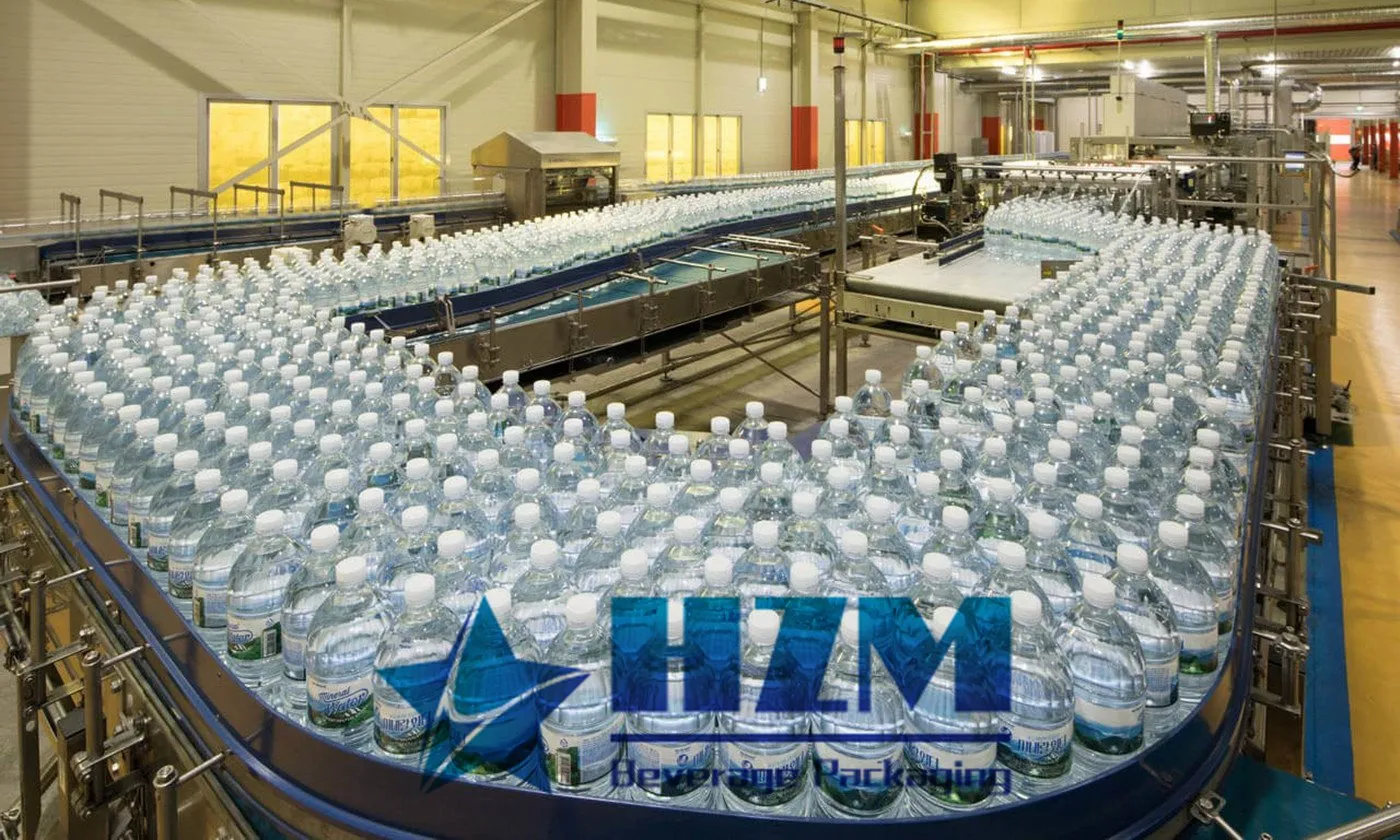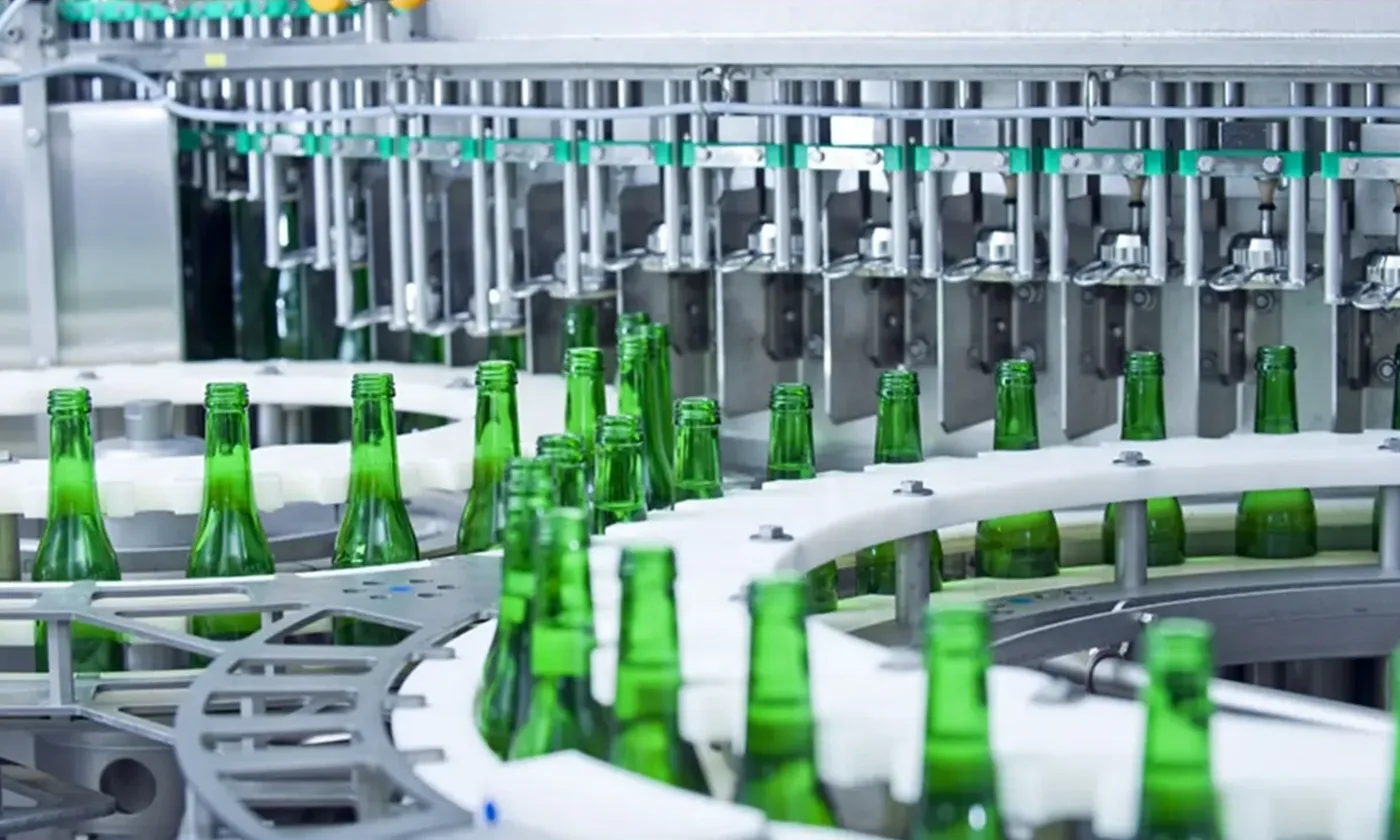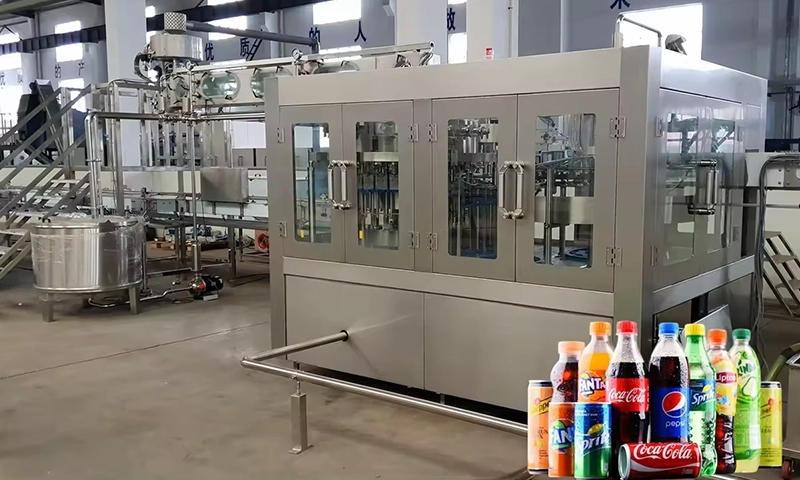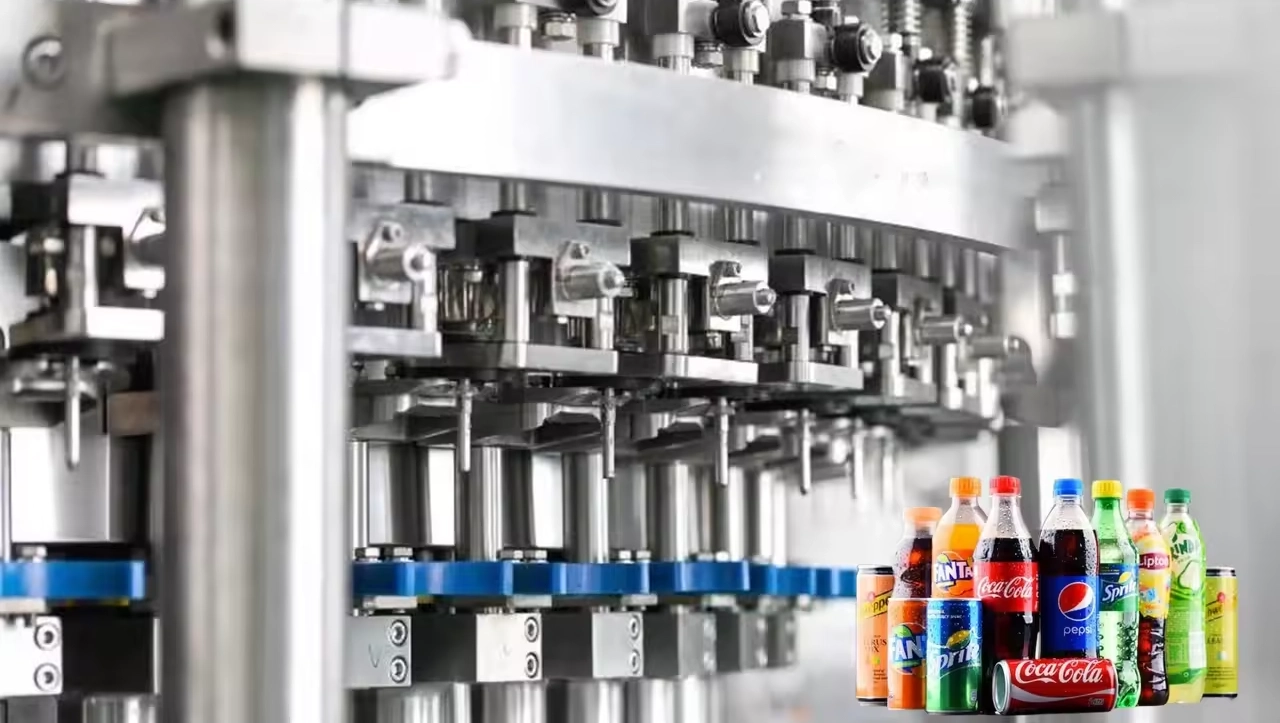
Automatic Beverage Production Line: Enhancing Efficiency and Quality

As the backbone of modern beverage manufacturing, the automatic beverage production line integrates high automation, precision control, multifunctional adaptability, and strict hygiene standards. These advanced systems ensure efficient, safe, and high-quality beverage production while minimizing human intervention.
Fully Automated Production Process
A modern automatic beverage production line seamlessly integrates every stage of production, including raw material processing, blending, sterilization, filling, and capping. Advanced batching systems precisely measure ingredients based on preset formulas, ensuring consistent taste and nutritional value in every bottle. Automation significantly boosts production efficiency, reduces labor costs, and minimizes errors.
Precision Control & Real-Time Monitoring
Equipped with intelligent sensors and PLC (Programmable Logic Controller) systems, the production line continuously monitors and adjusts key parameters such as temperature, pressure, and flow rate. For example, during UHT (Ultra-High Temperature) sterilization, precise temperature control effectively eliminates harmful microorganisms while preserving the beverage’s original flavor and nutrients. This level of real-time process control ensures stable and high-quality production.
Flexible & Versatile Production Capabilities
The automatic beverage production line is designed for high flexibility, allowing manufacturers to switch between different beverage types with minimal adjustments. A single filling machine can accommodate various bottle sizes and shapes, enabling fast transitions between carbonated drinks, juices, teas, and functional beverages. This modular design maximizes equipment utilization and reduces production costs.
Strict Hygiene & Intelligent Cleaning Systems
Ensuring food safety and hygiene is a top priority in automated beverage production. The entire system is built in compliance with GMP (Good Manufacturing Practice) standards, utilizing stainless steel components to minimize contamination risks. Integrated CIP (Clean-In-Place) and SIP (Sterilize-In-Place) systems automate the cleaning and sterilization of pipelines, tanks, and filling valves, preventing cross-contamination and ensuring consistent sanitary conditions.
Conclusion
The automatic beverage production line is revolutionizing the industry by enhancing efficiency, precision, and hygiene standards. With its automation, real-time monitoring, production flexibility, and intelligent cleaning systems, this technology not only improves productivity but also sets new benchmarks for quality, safety, and sustainability in beverage manufacturing.
TAG: Beverage Filling Machines Beverage Production Line
-
![Core Selling Points of Glass Bottle CSD Filling & Capping Line]()
Core Selling Points of Glass Bottle CSD Filling & Capping Line
-
![Customizable beverage filling system]()
Customizable beverage filling system
-
![Differences Between Hot Filling and Cold Filling in Beverage Filling Machines]()
Differences Between Hot Filling and Cold Filling in Beverage Filling Machines
-
![Selecting a Dedicated RO Reverse Osmosis Water Treatment System for a Purified Water Beverage Production Line]()
Selecting a Dedicated RO Reverse Osmosis Water Treatment System for a Purified Water Beverage Production Line
-
![How Fast Is the Labeling Speed of Tea Beverage Packaging Machines?]()
How Fast Is the Labeling Speed of Tea Beverage Packaging Machines?


